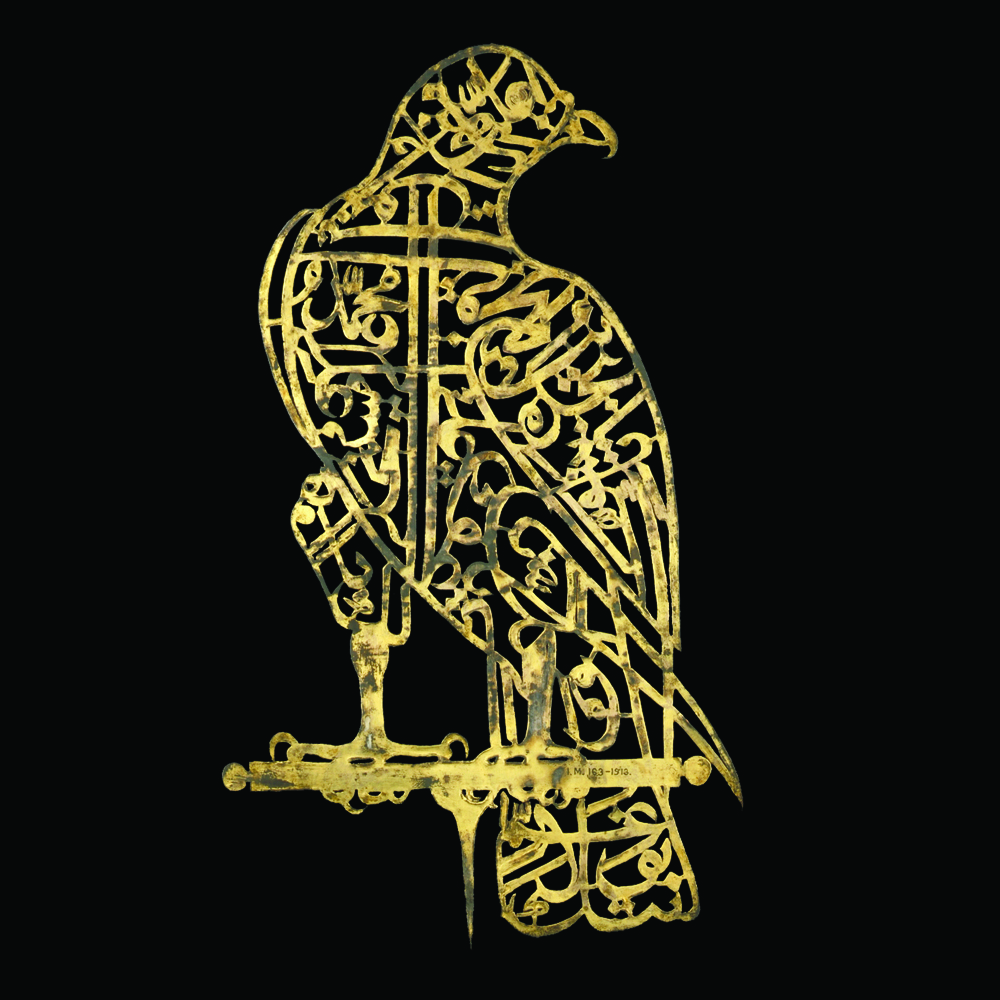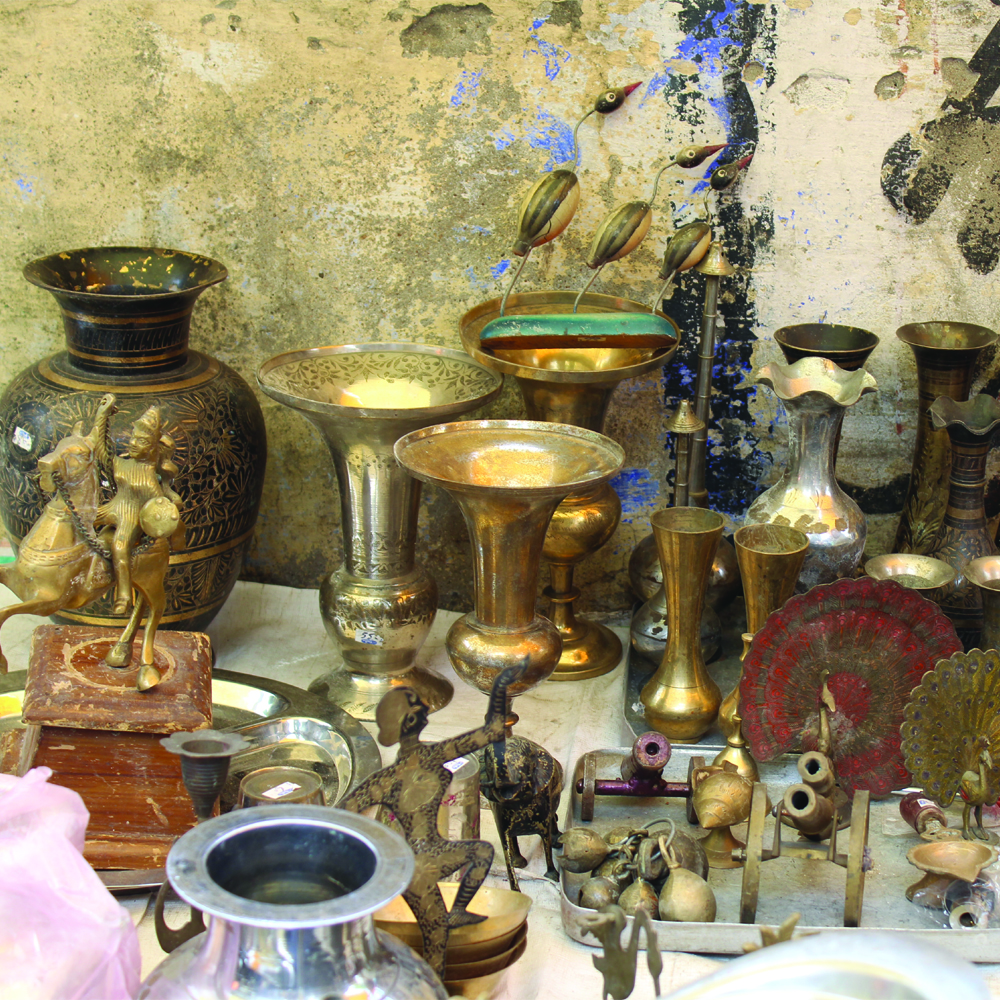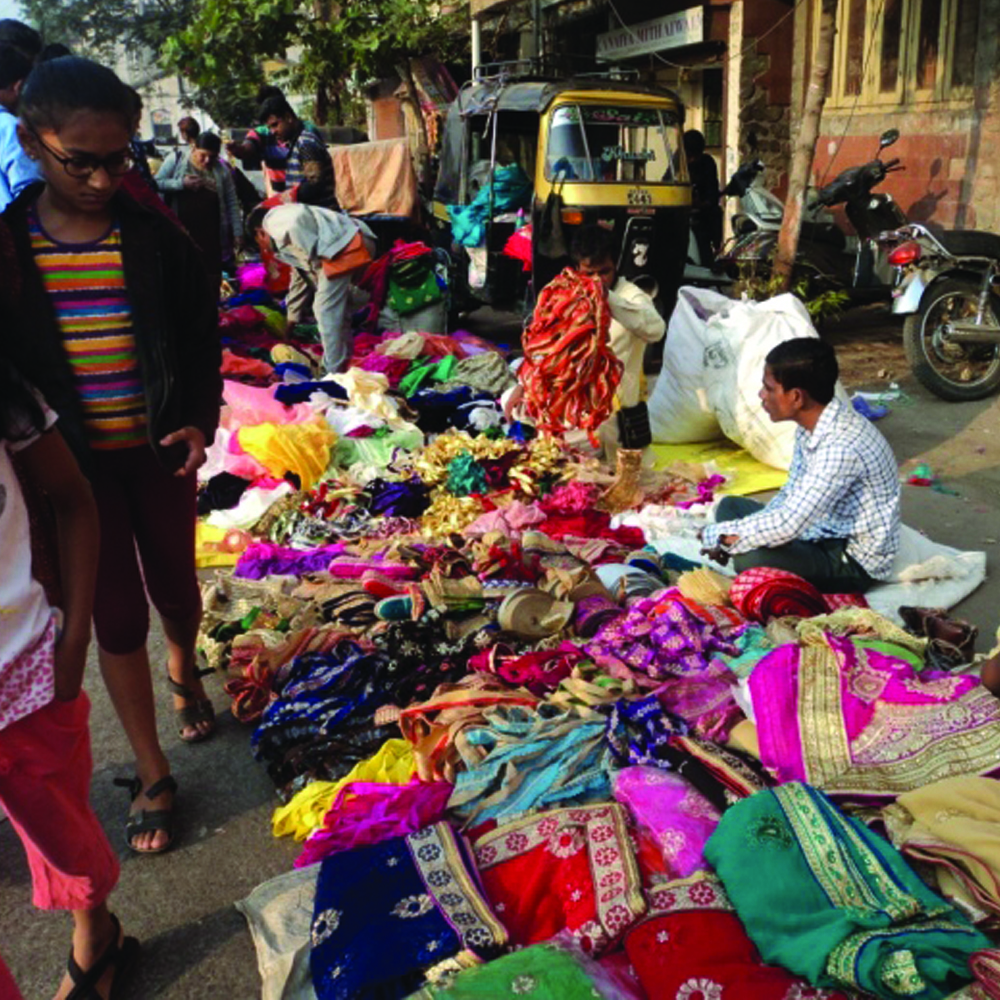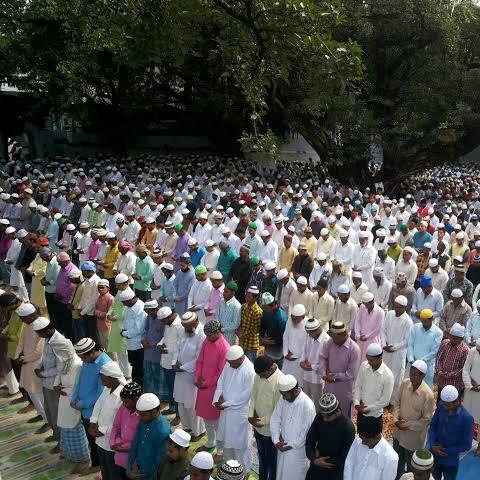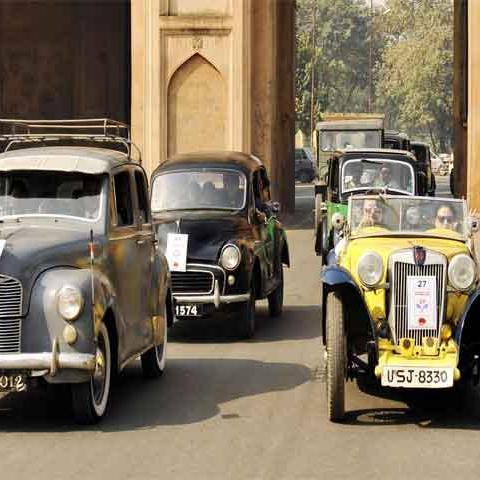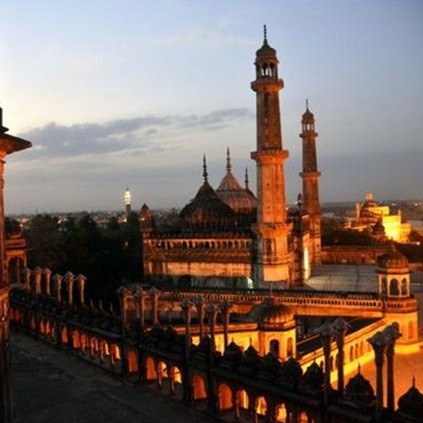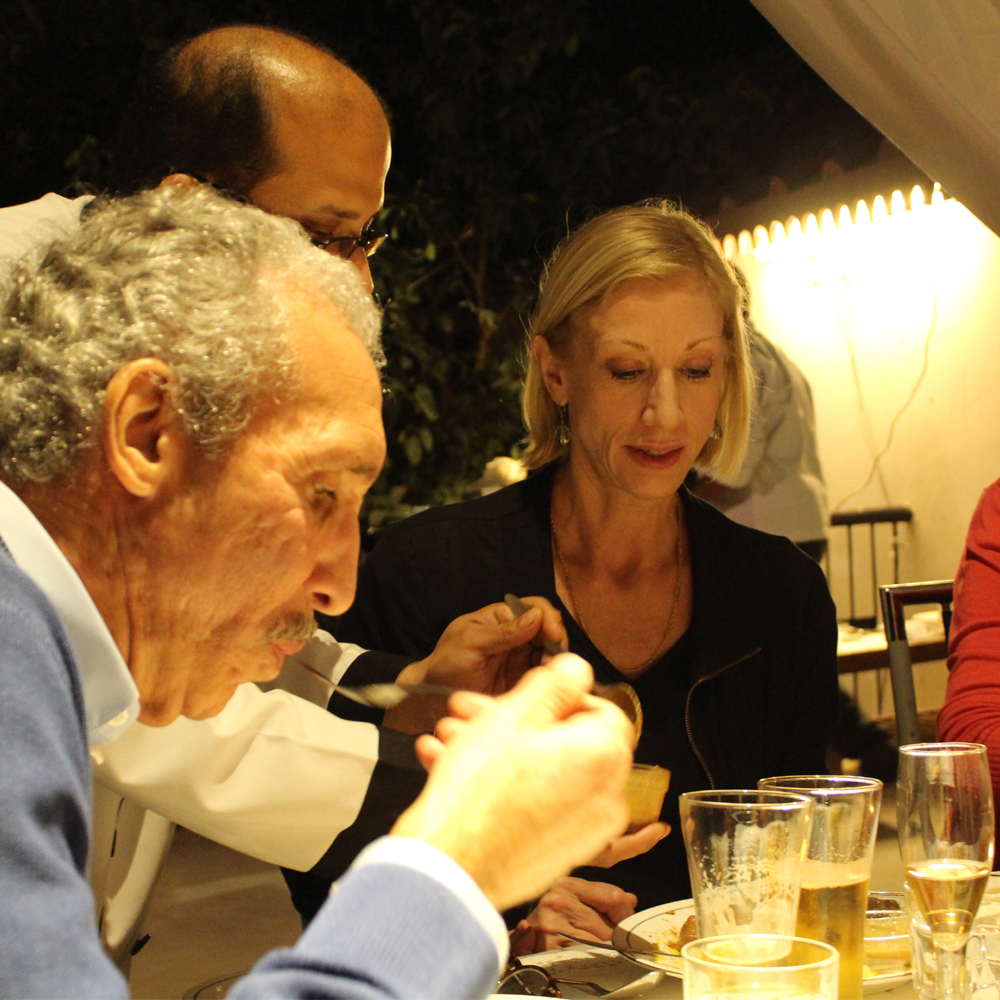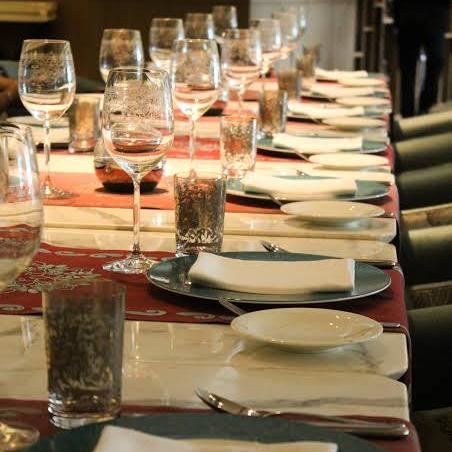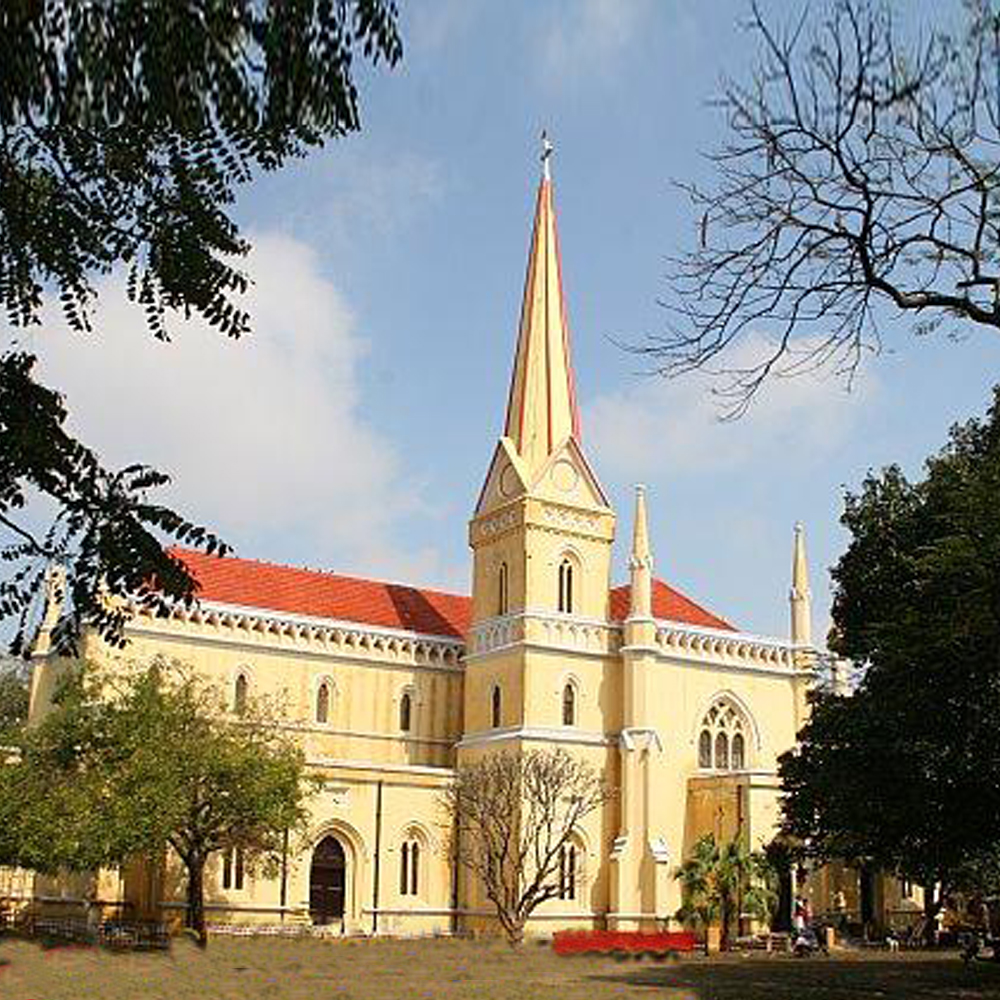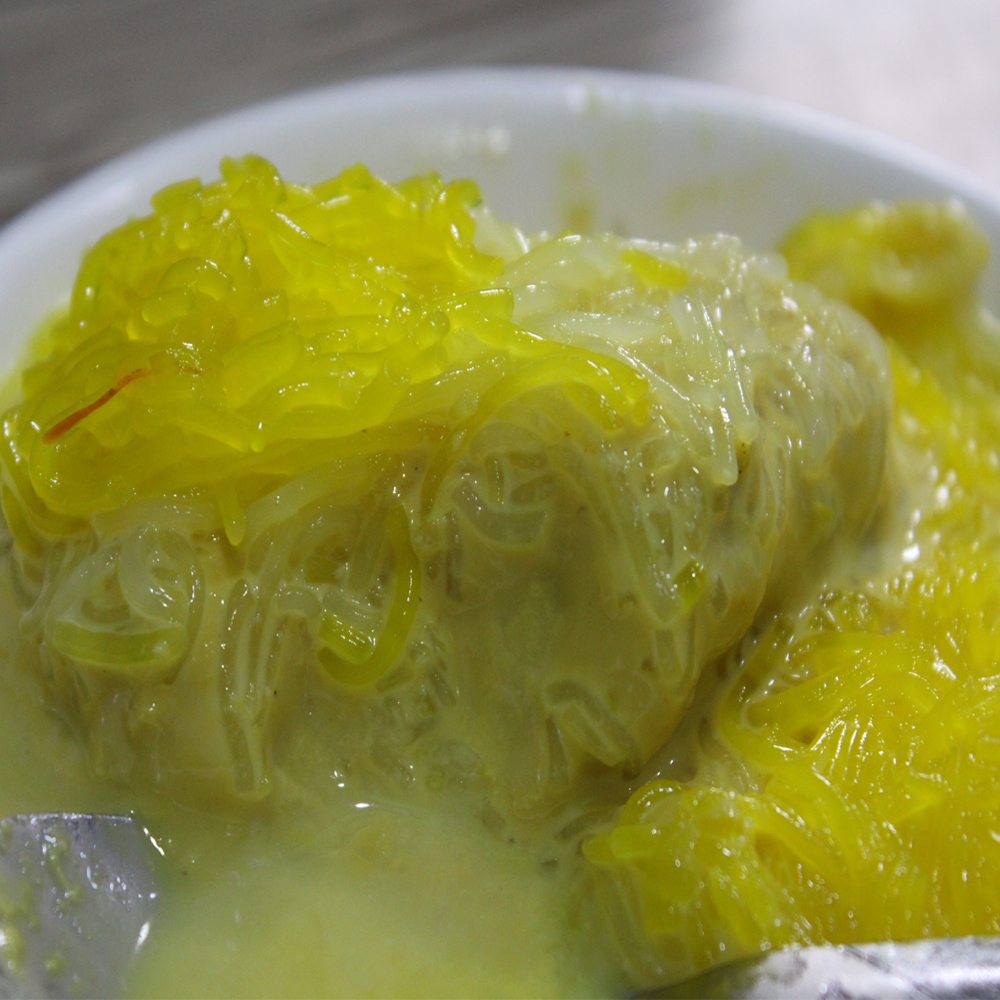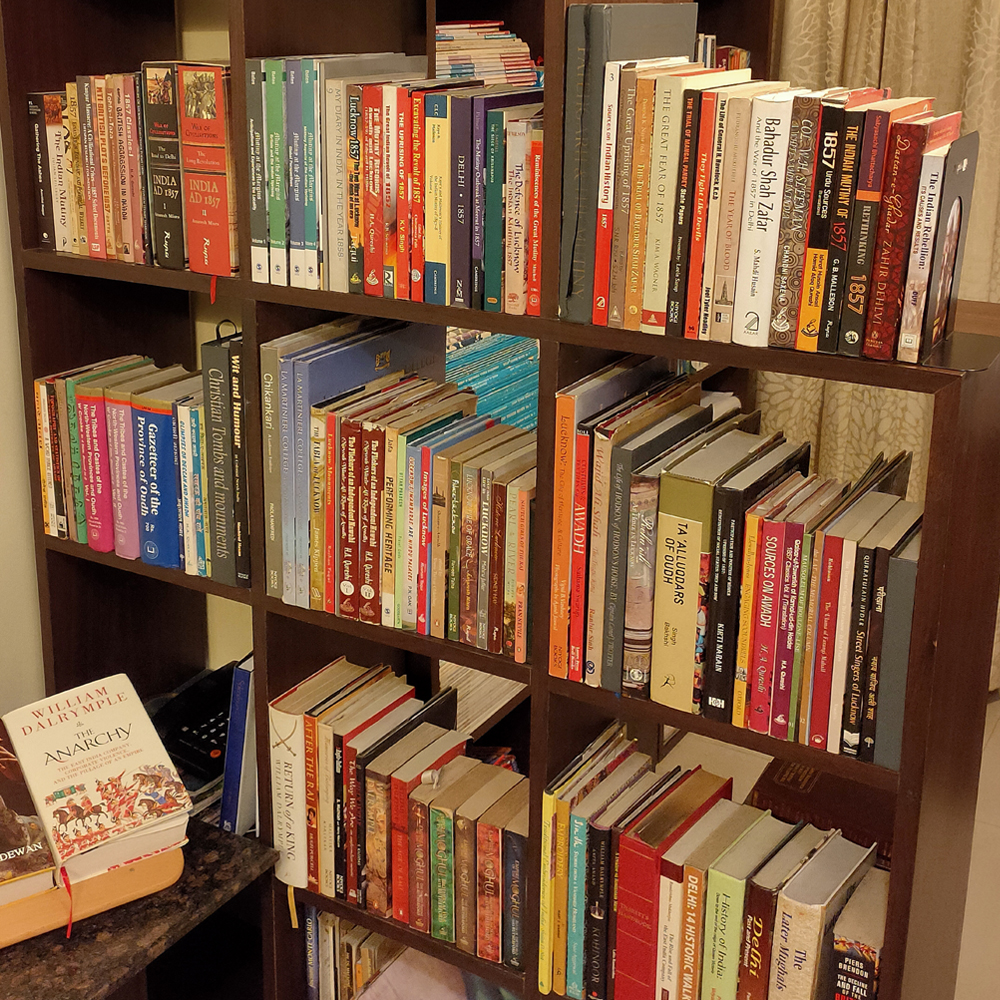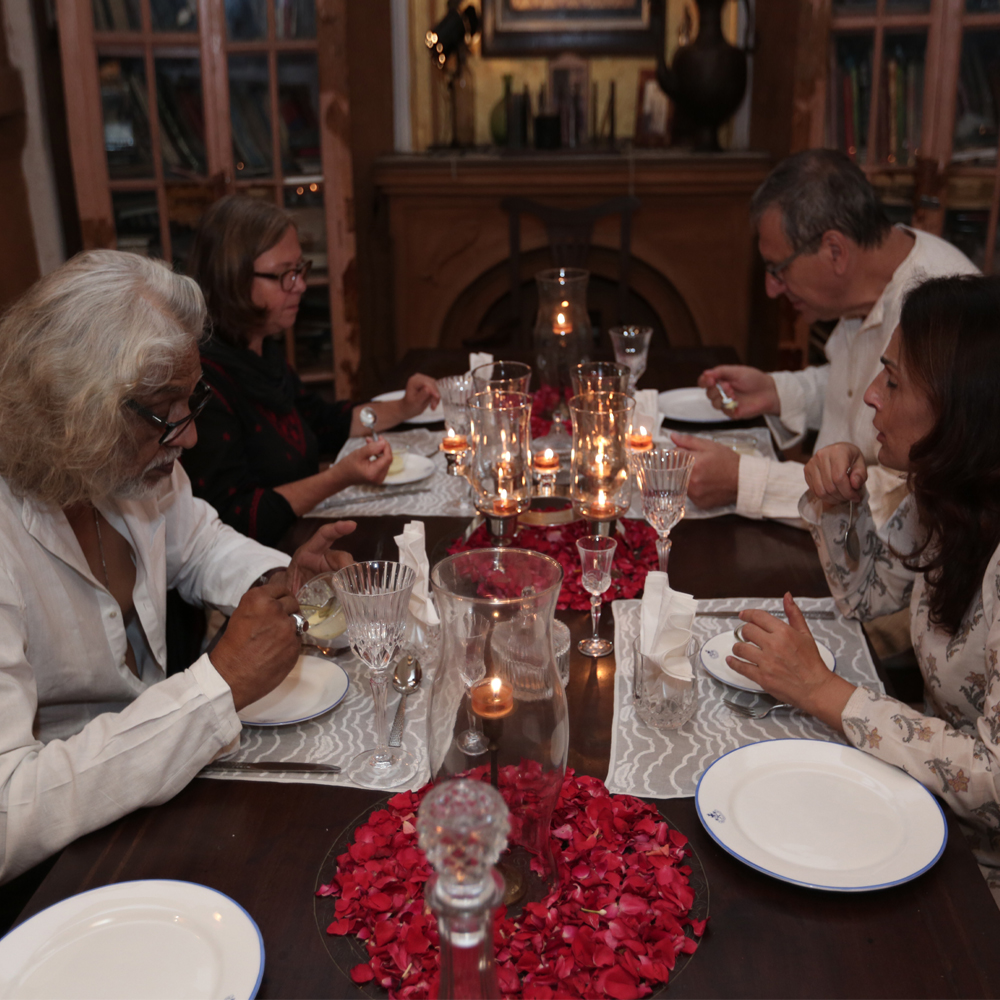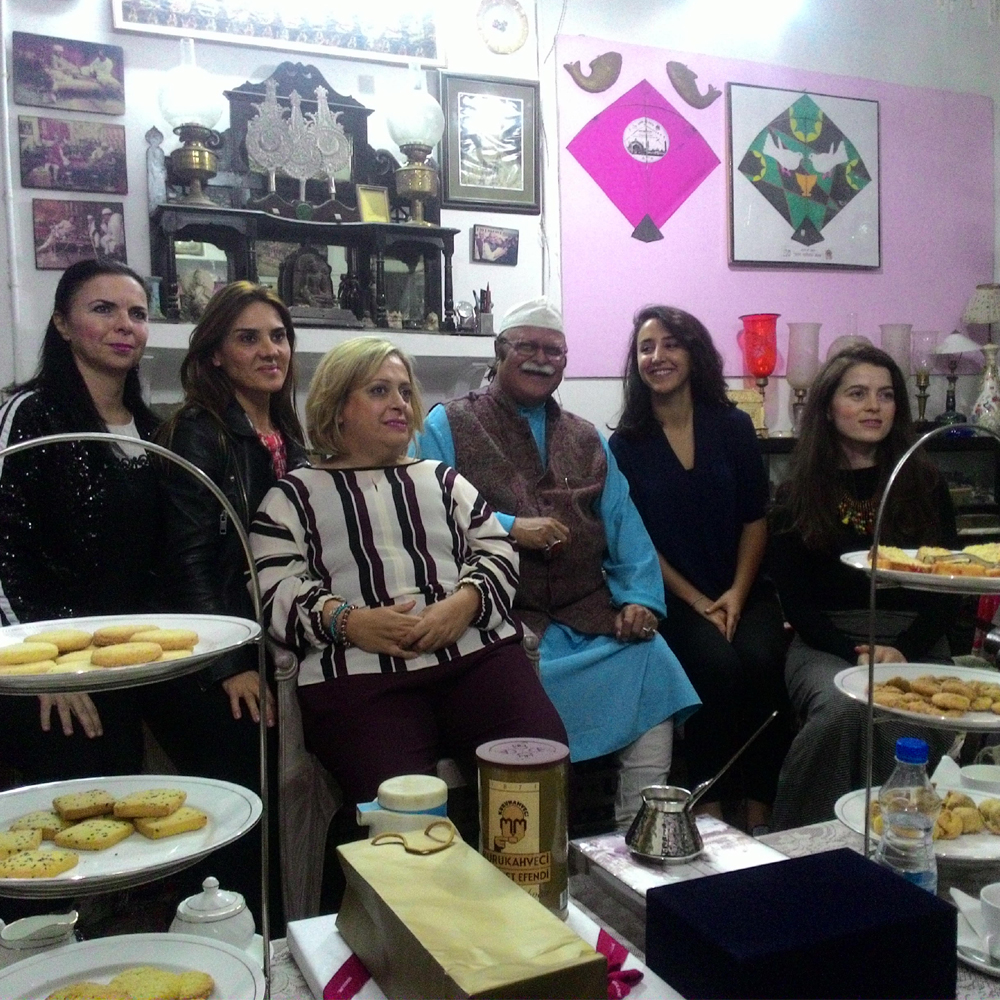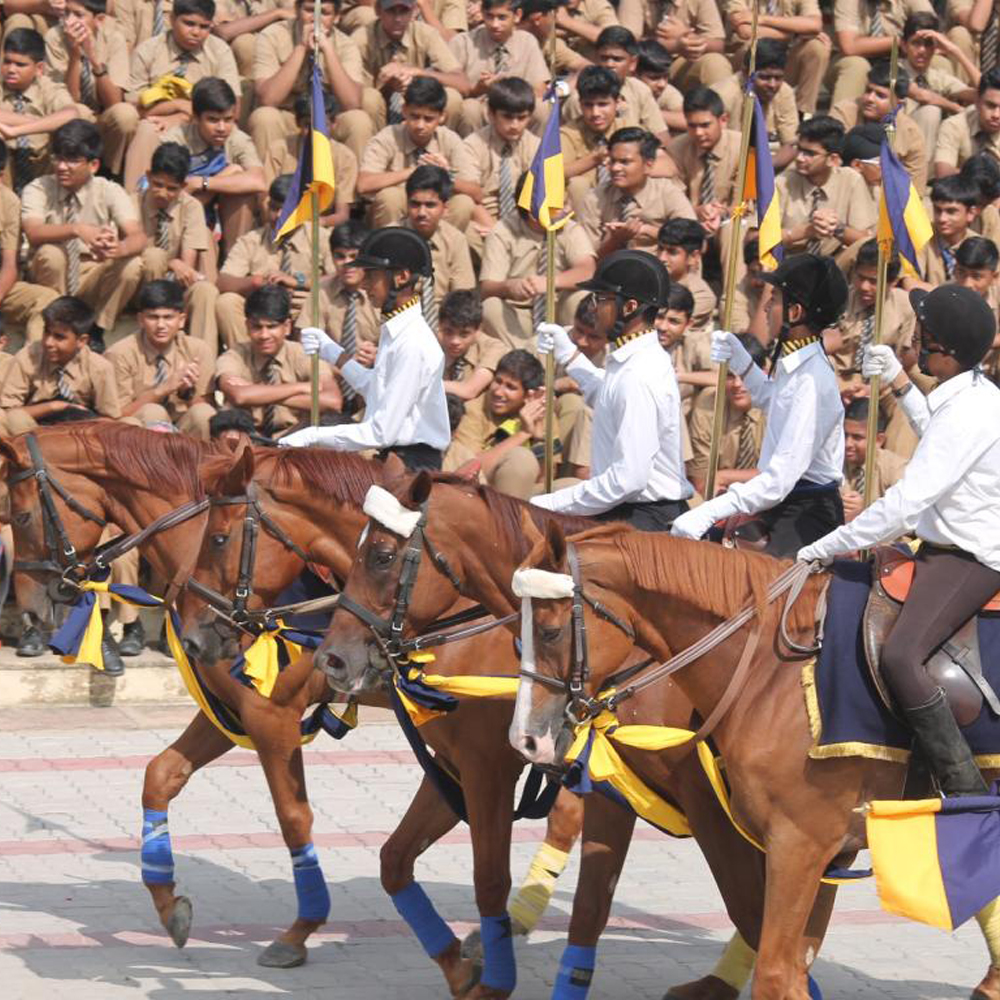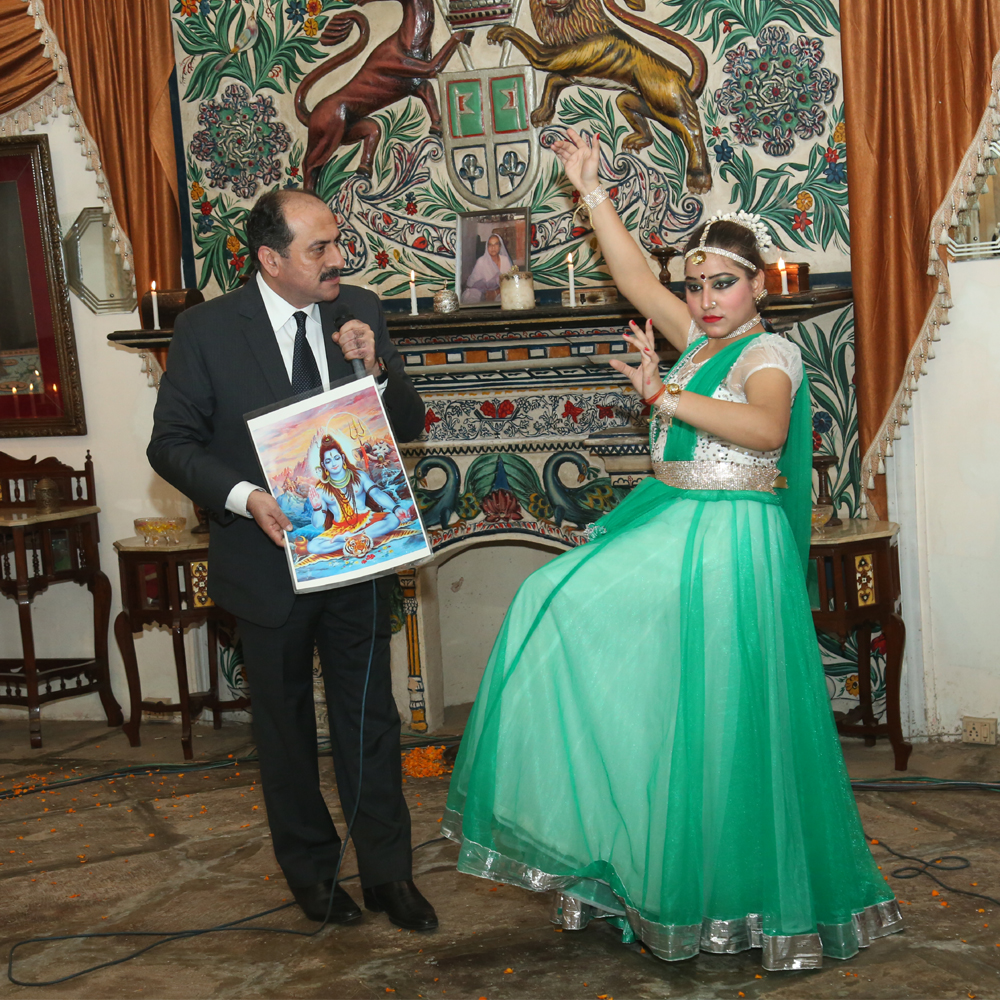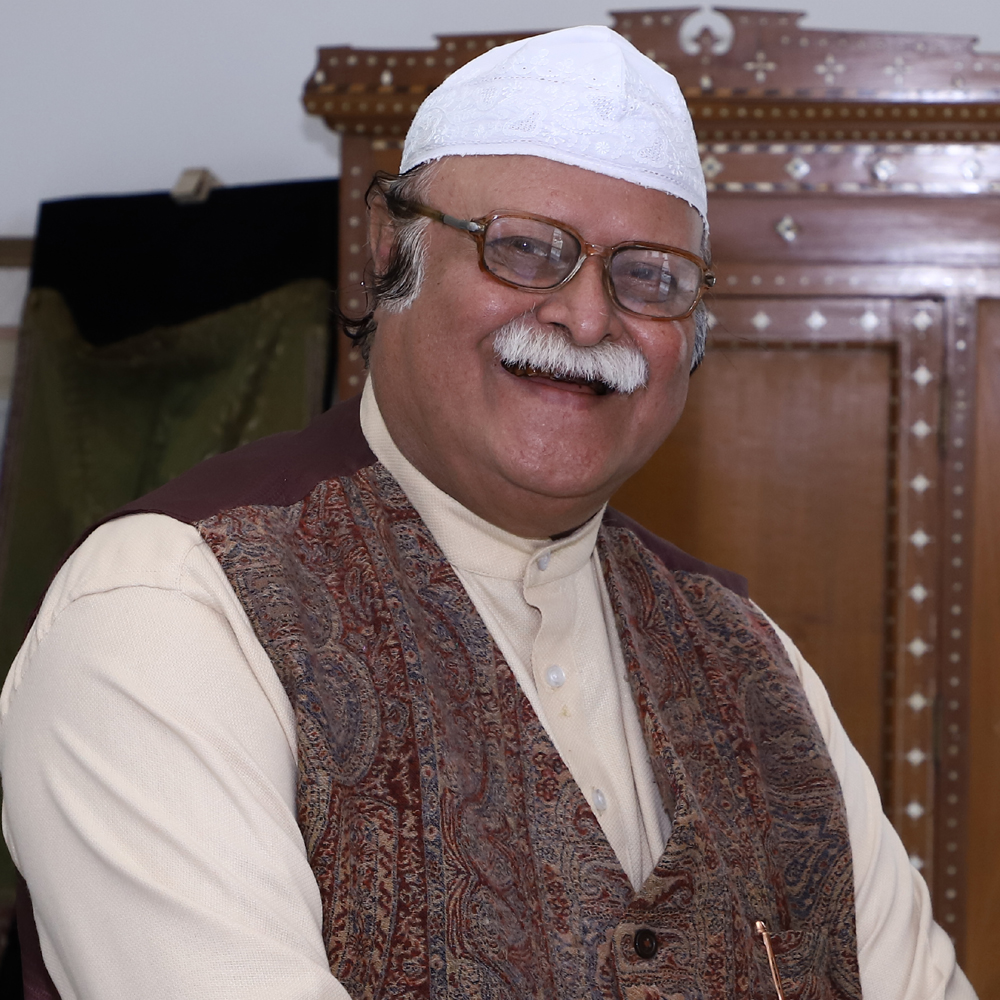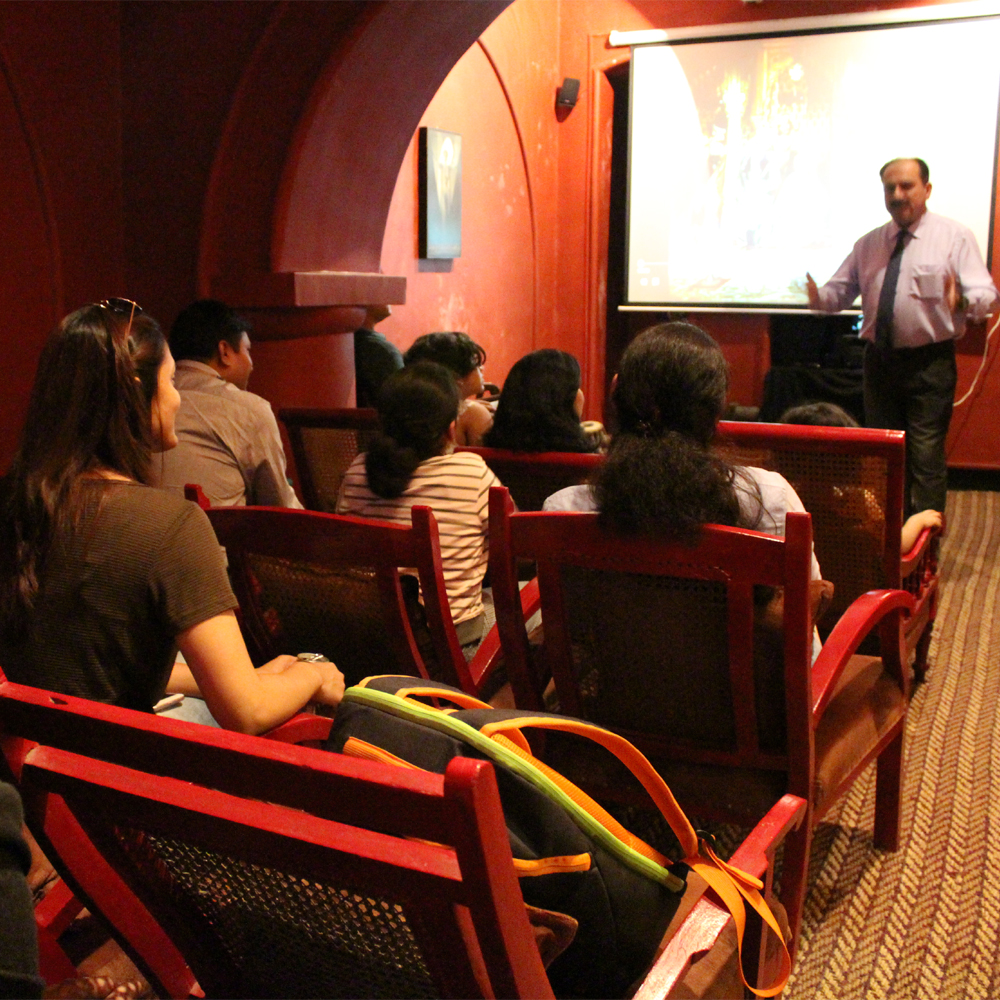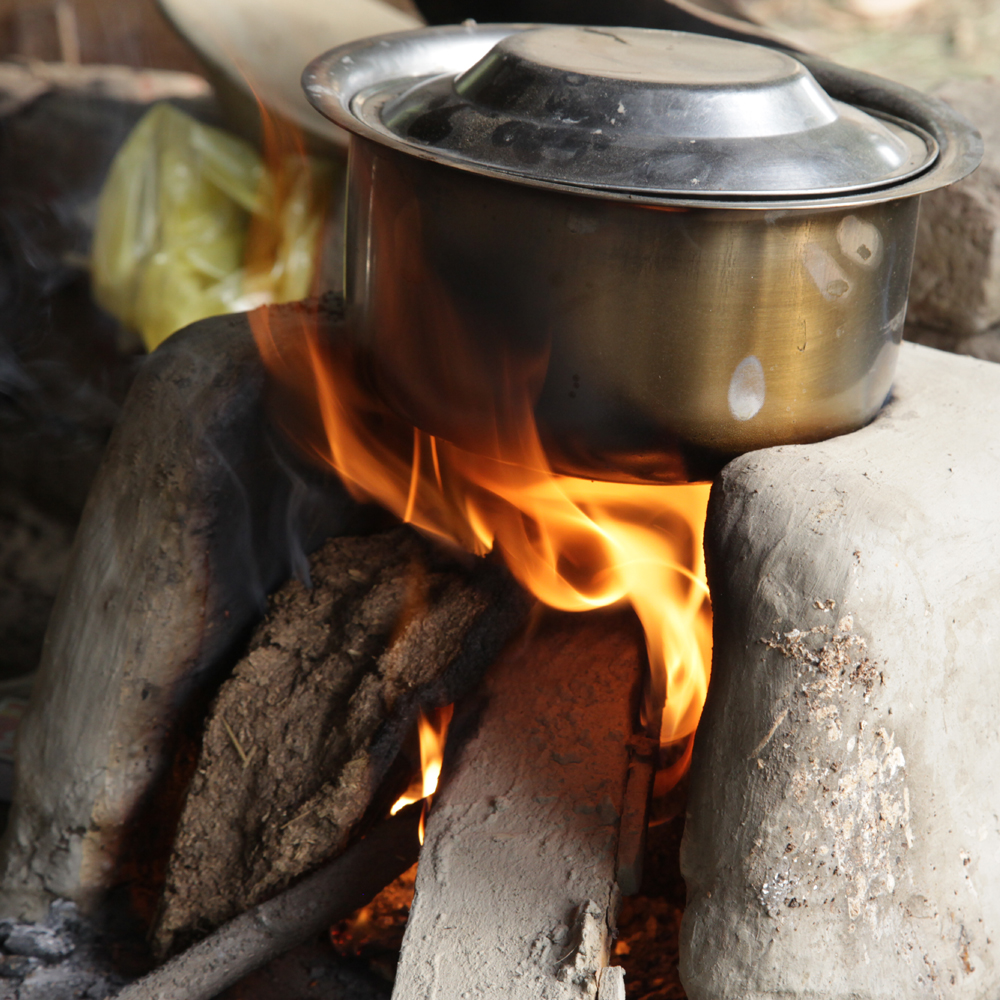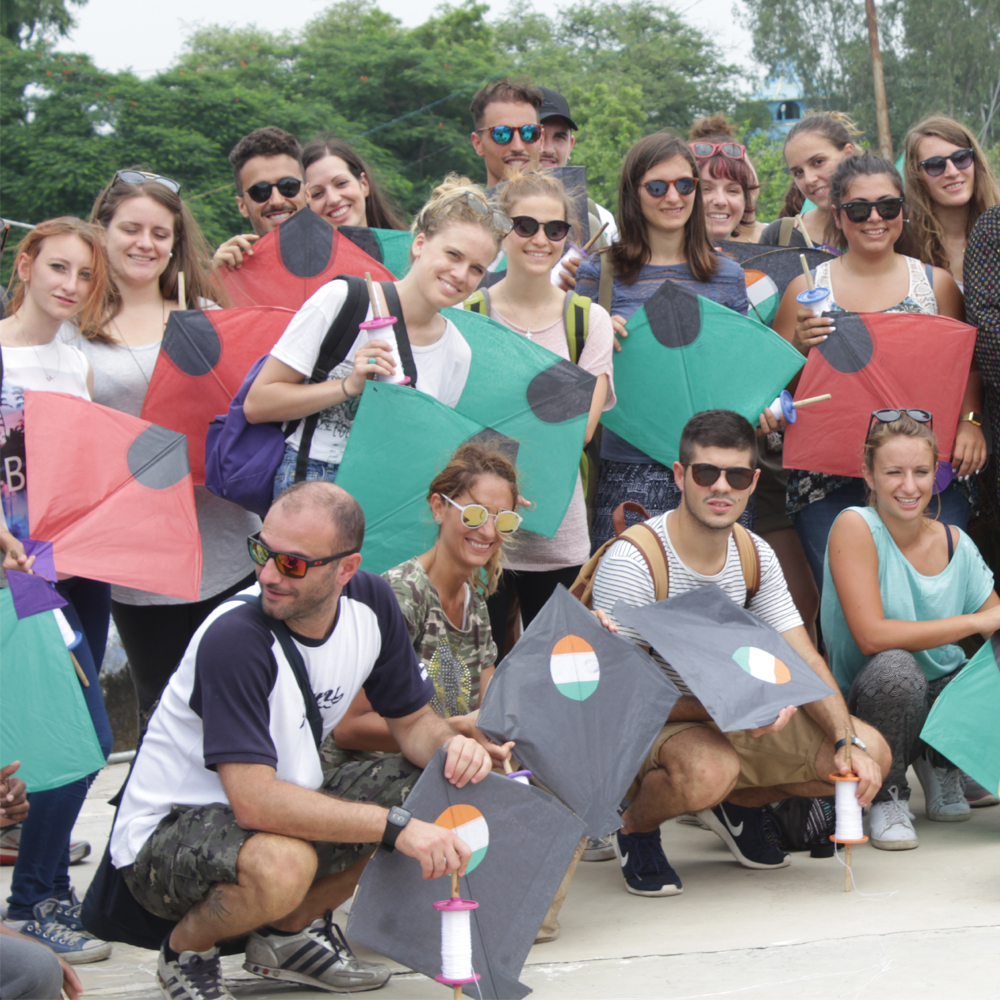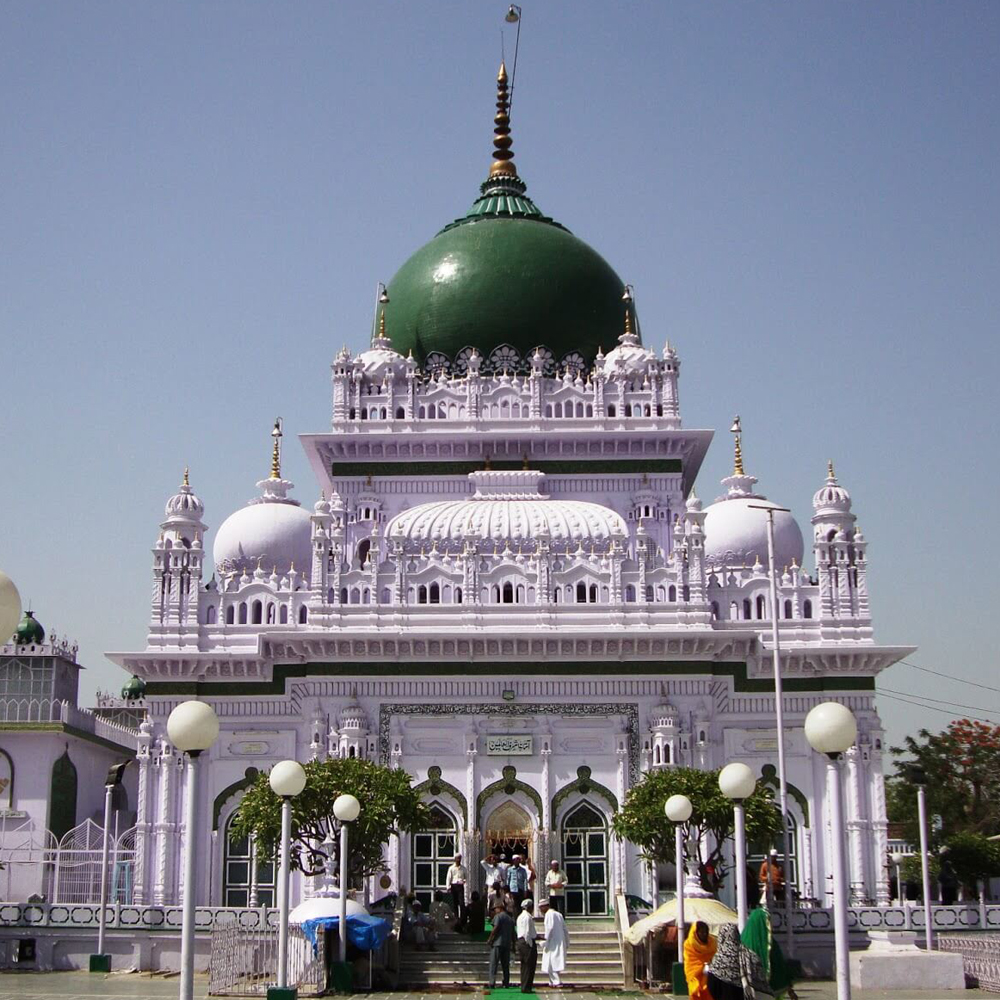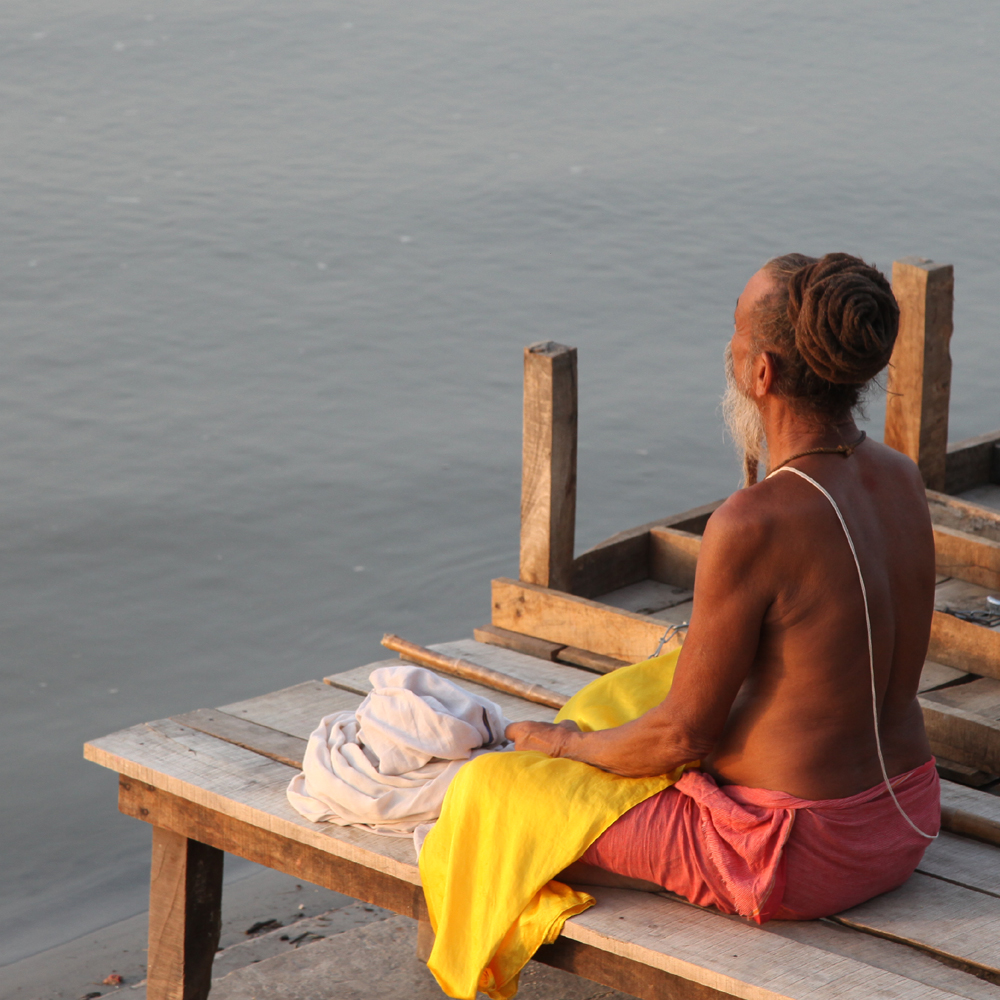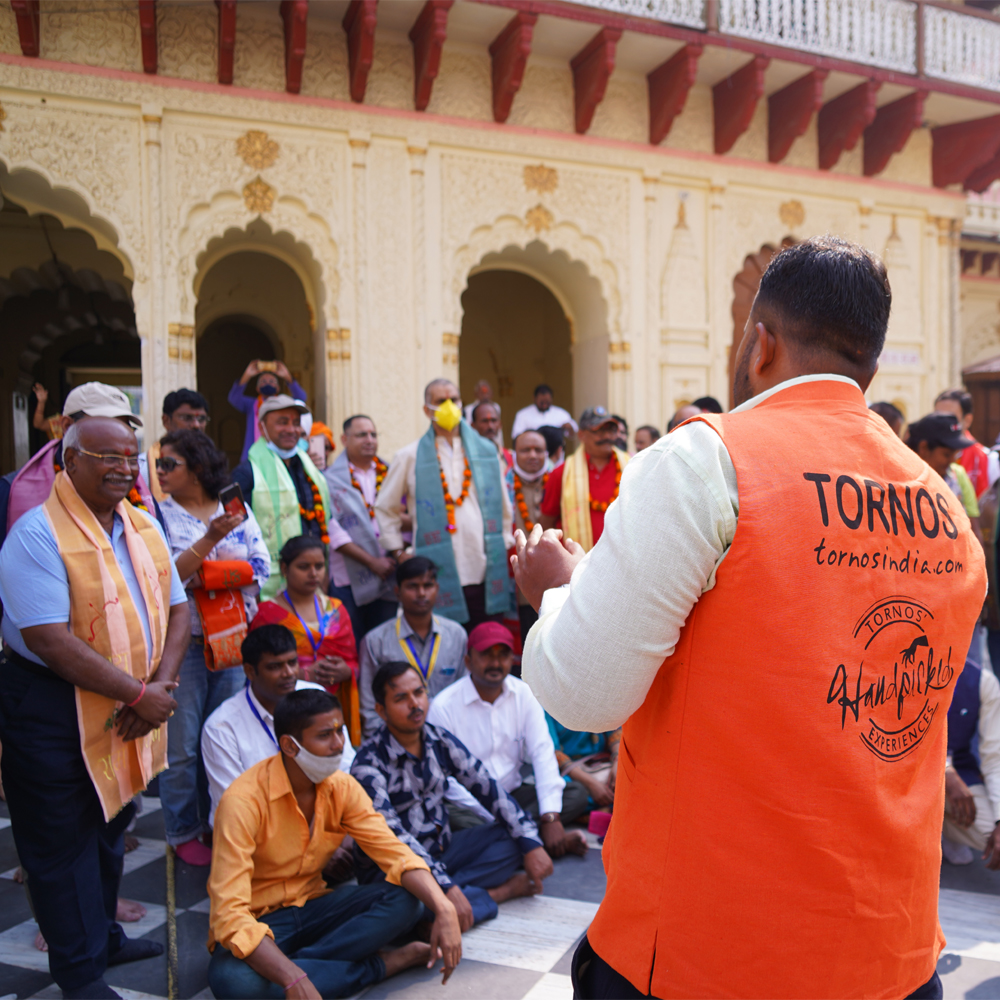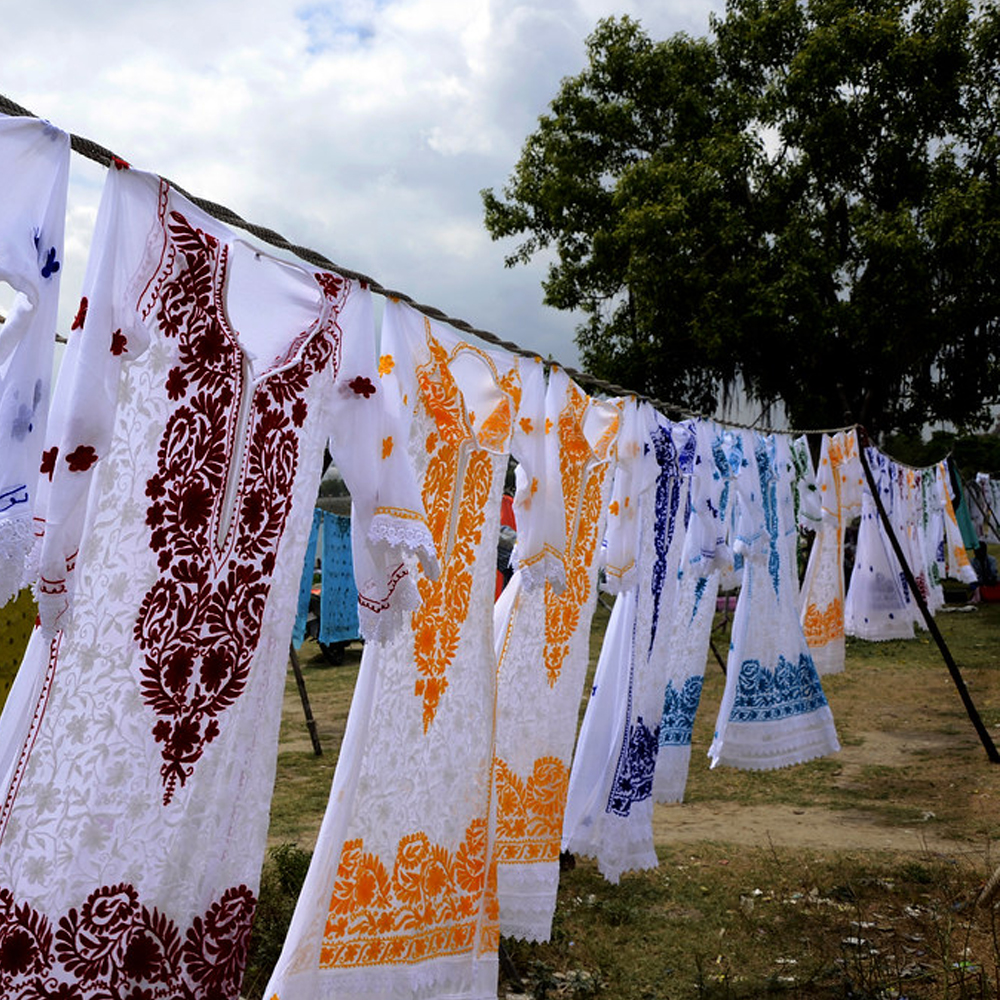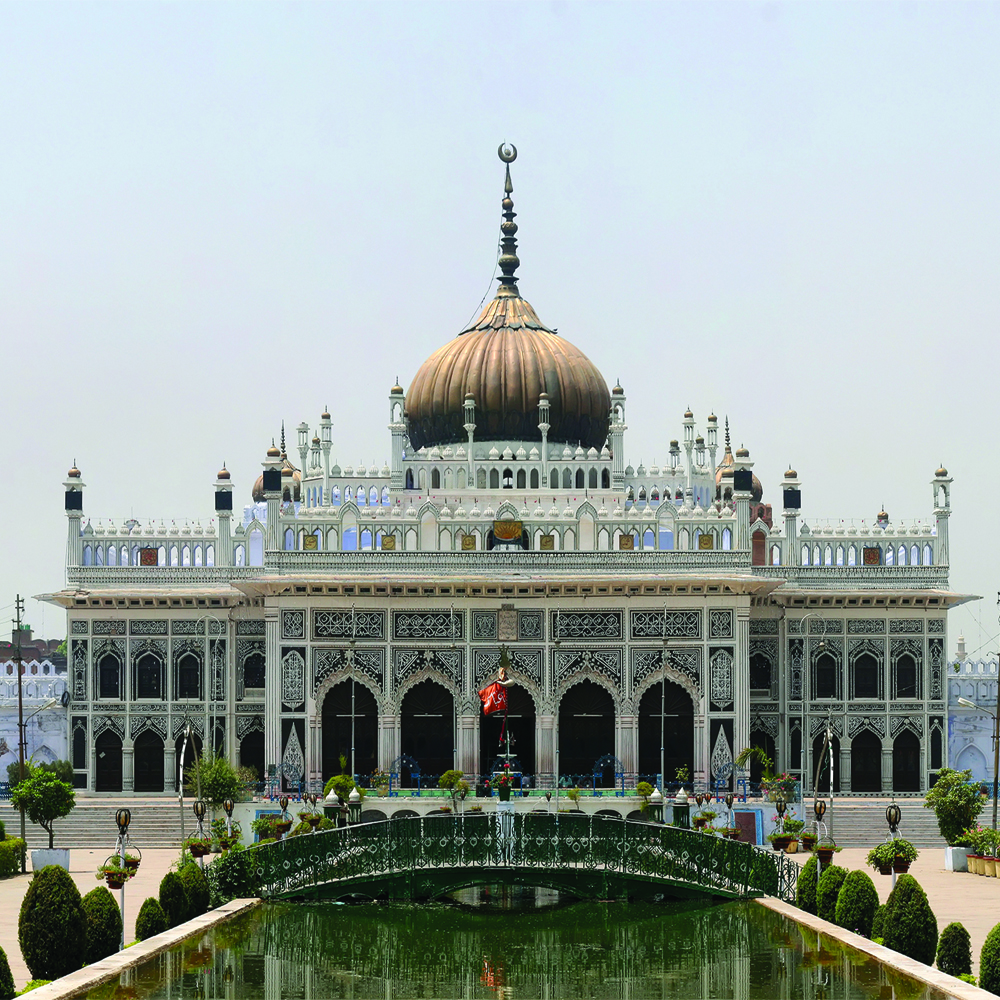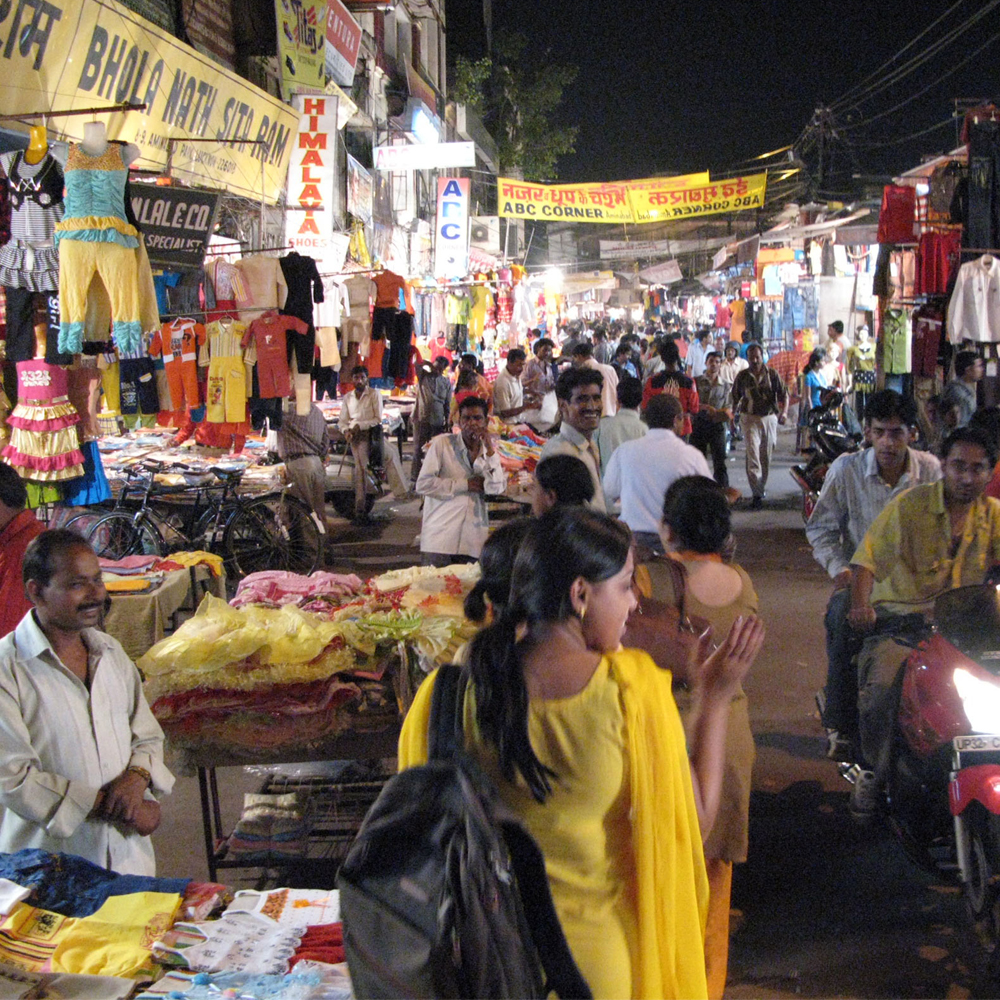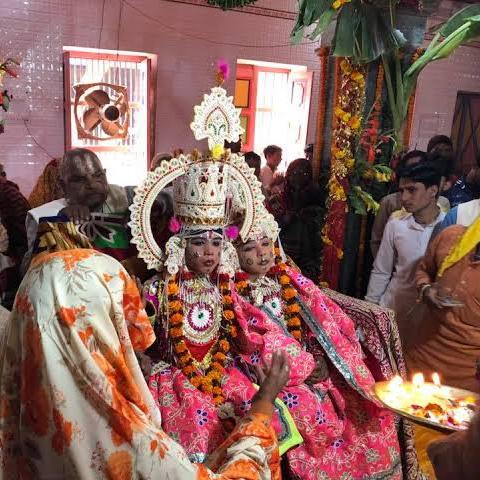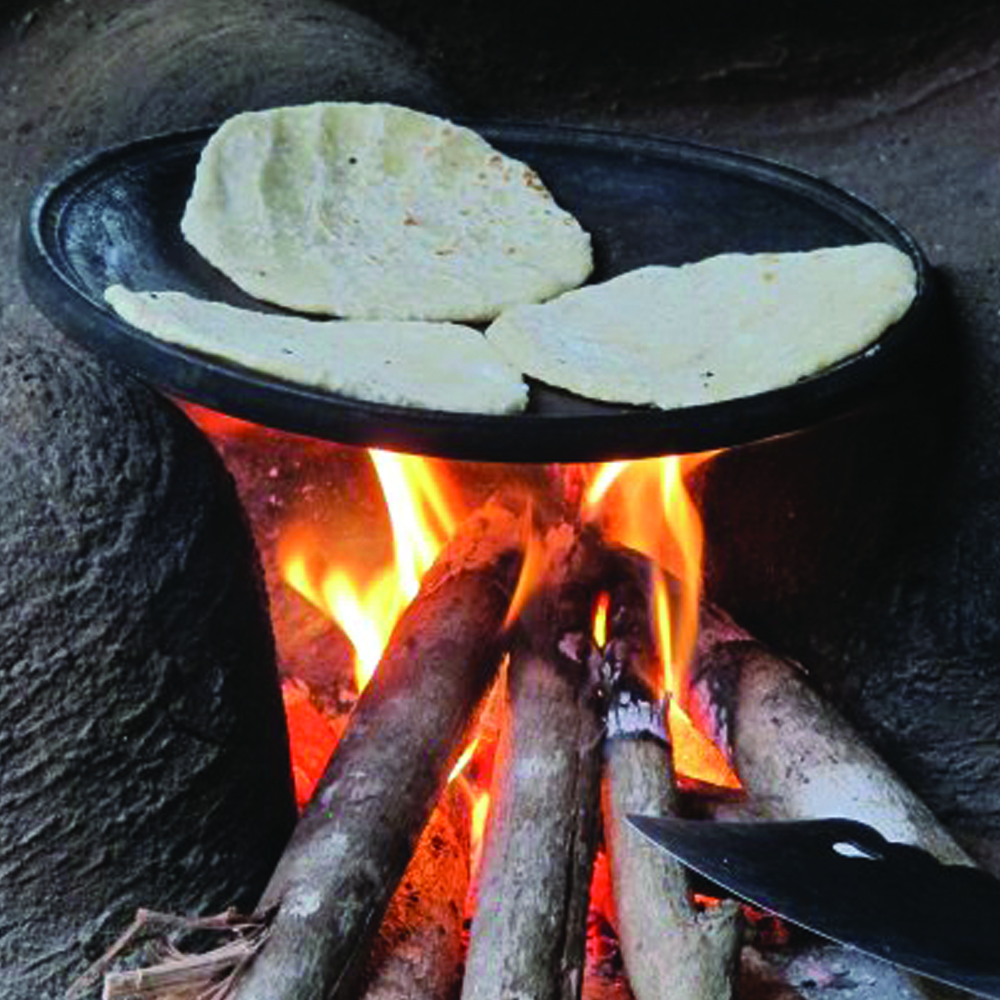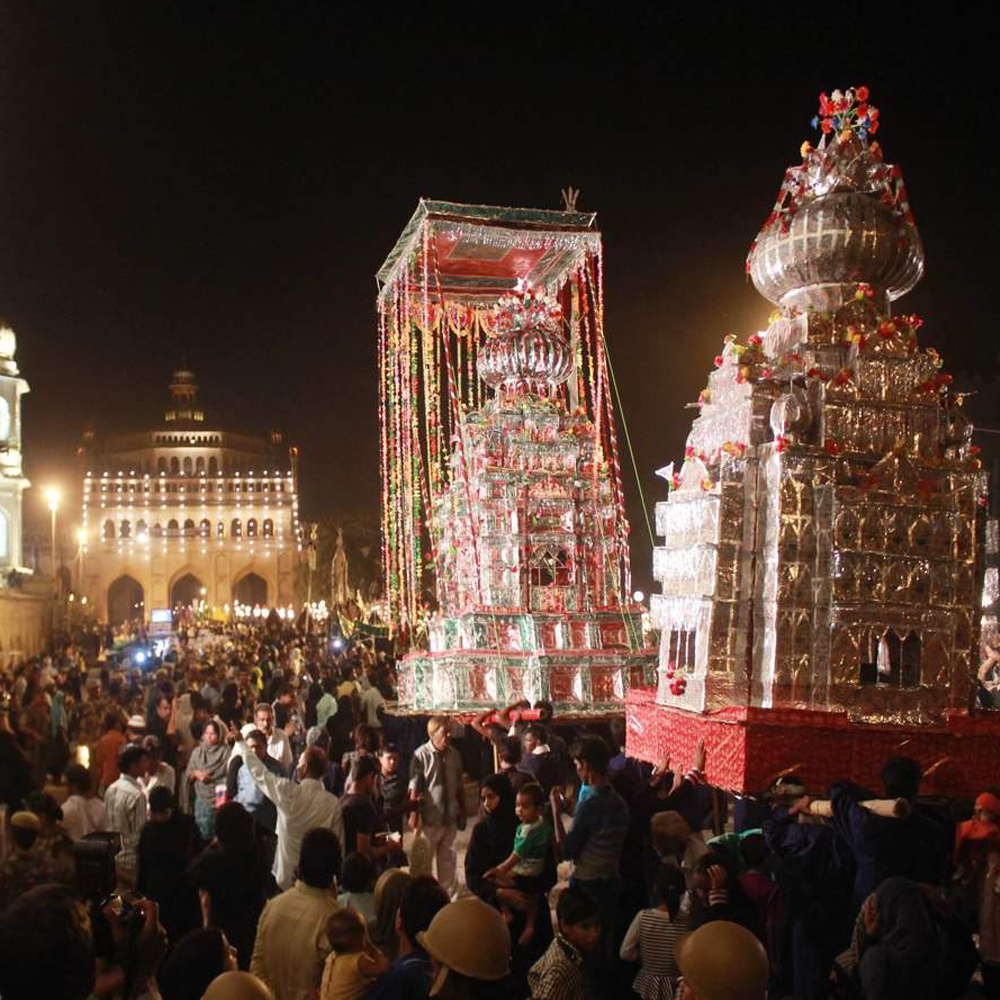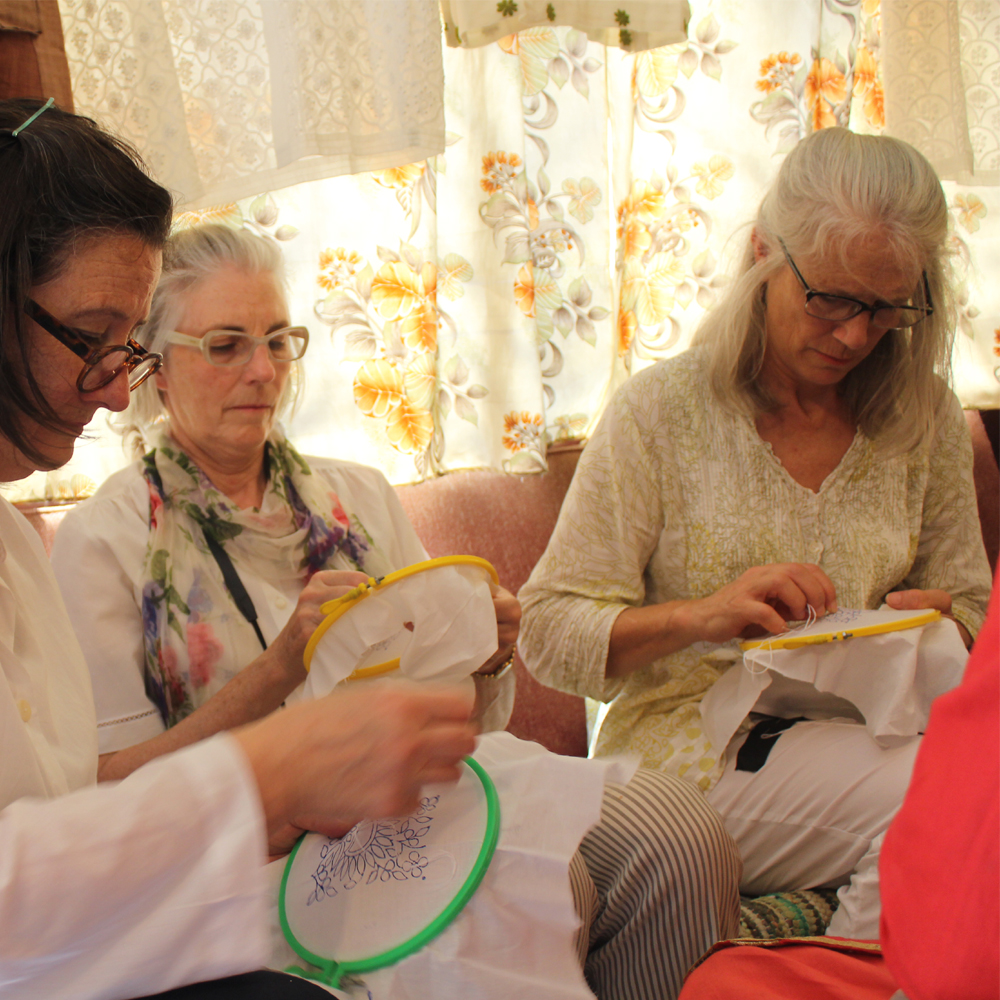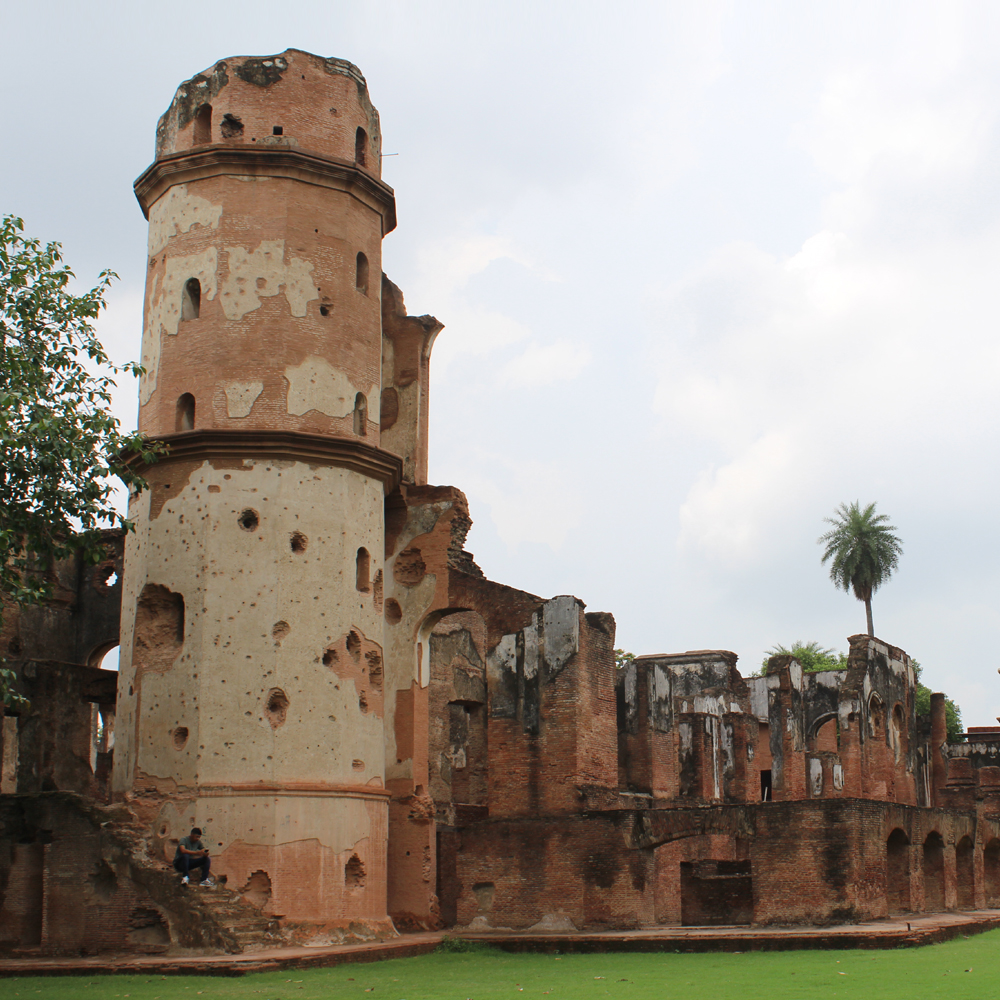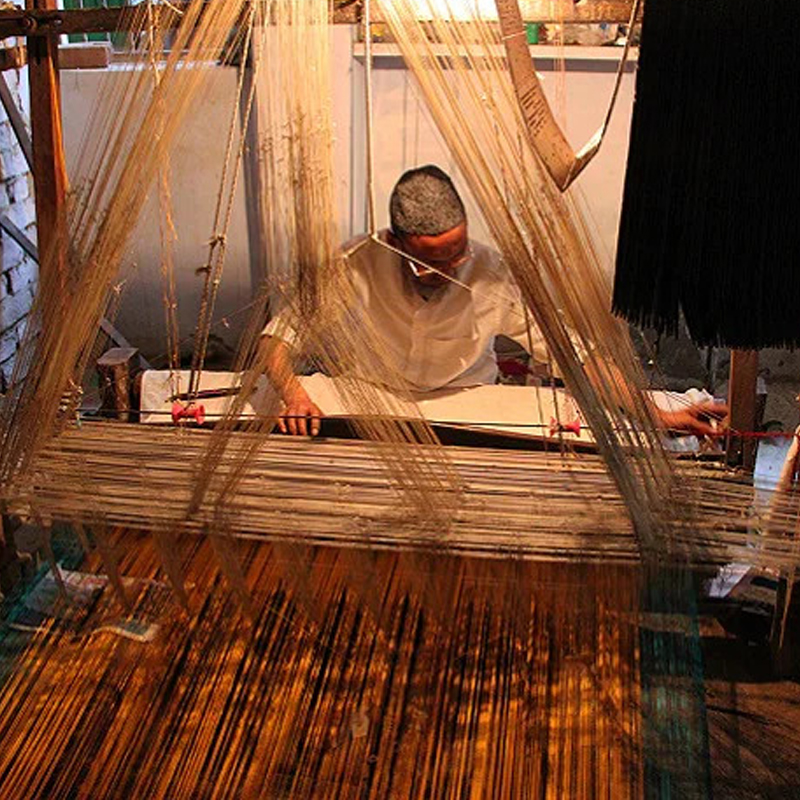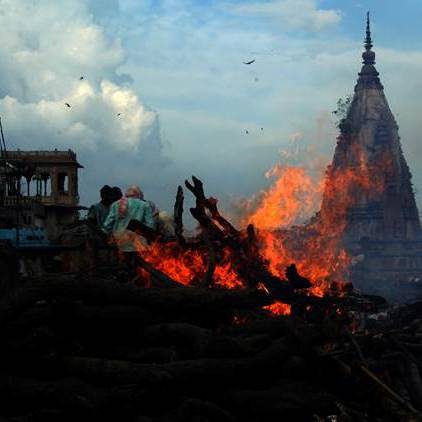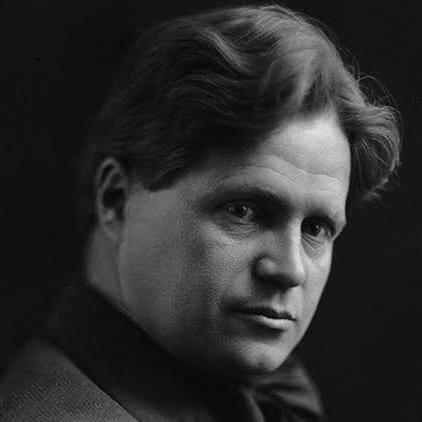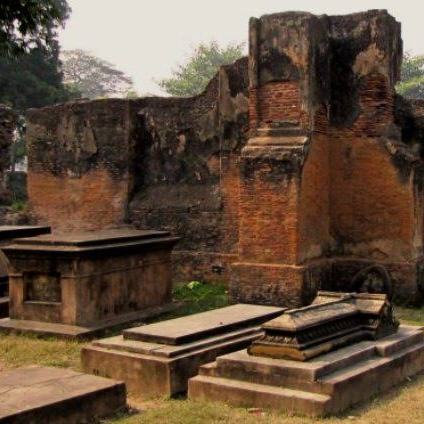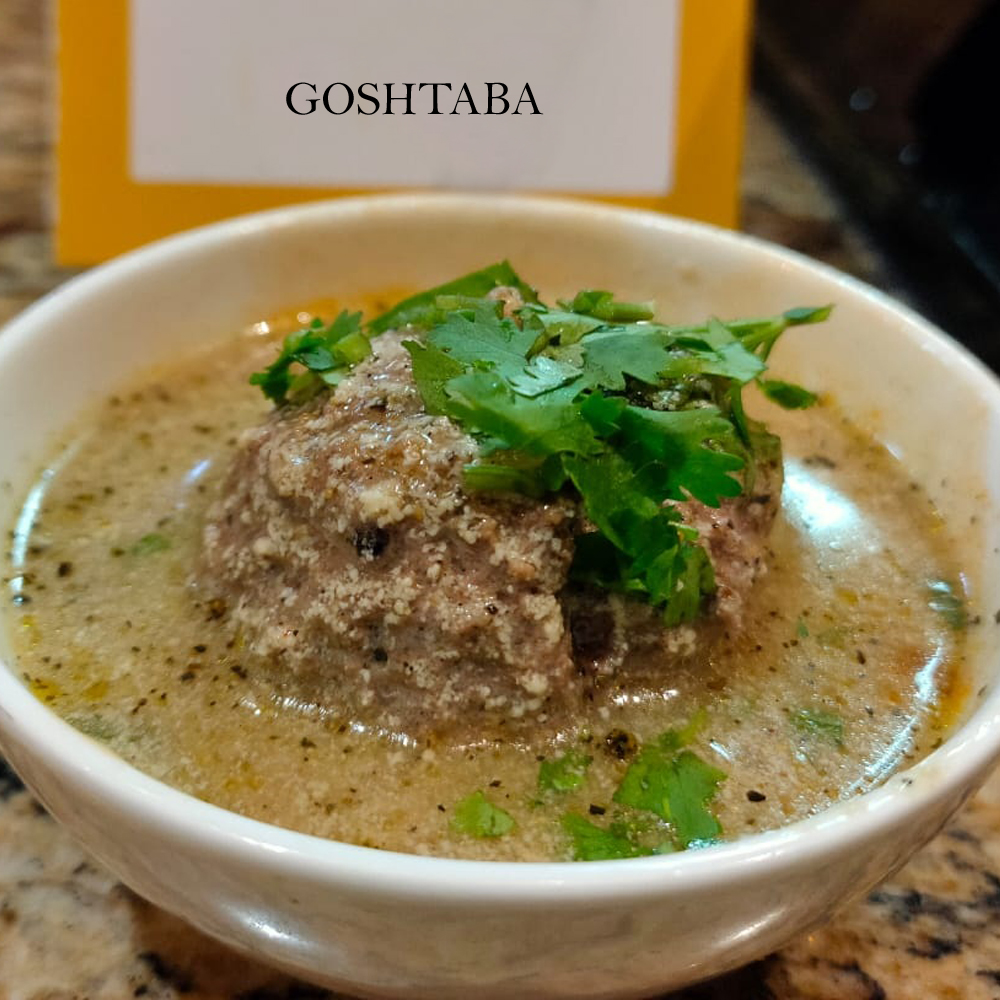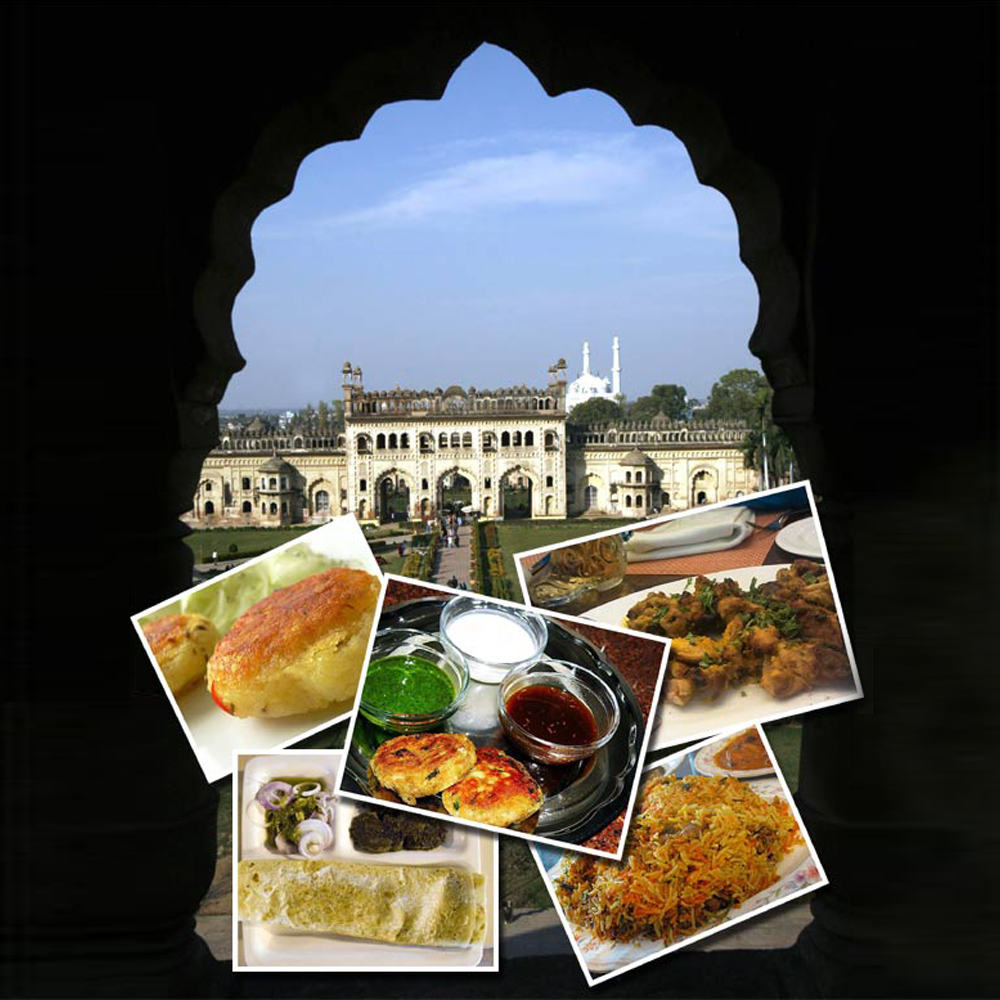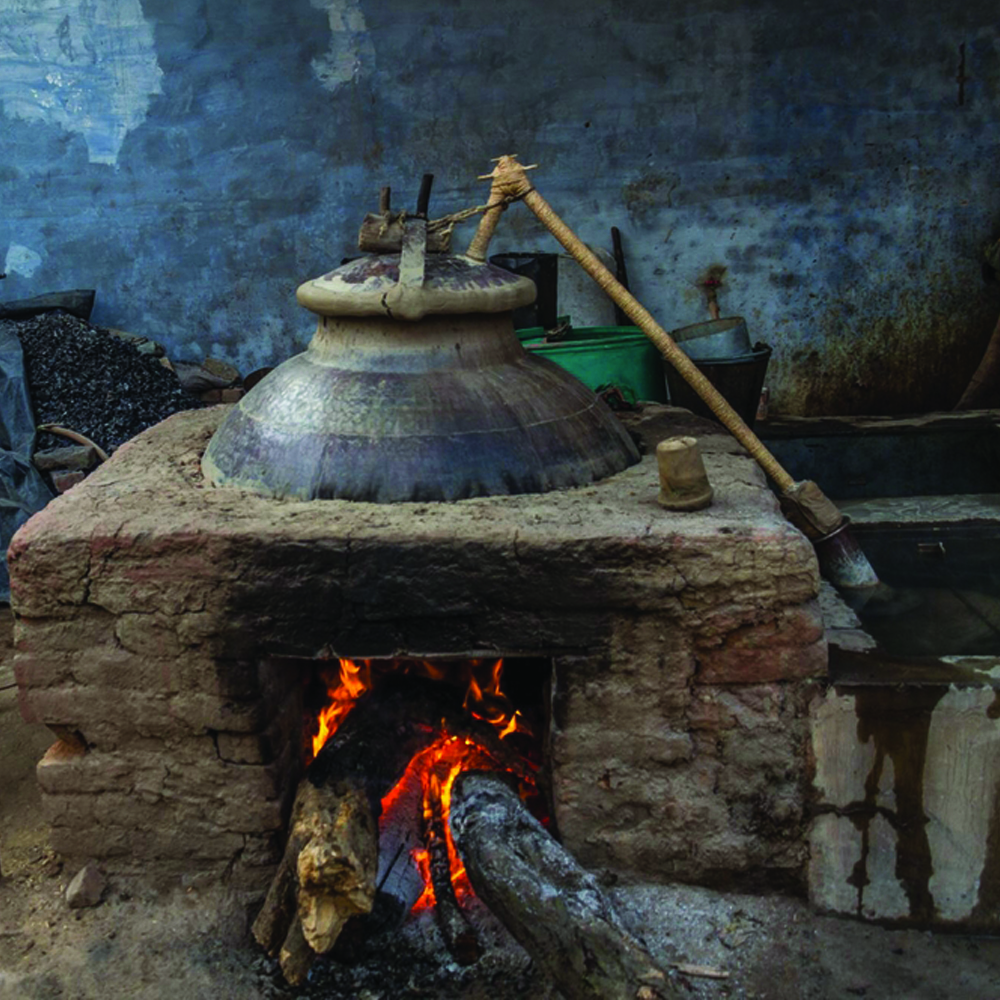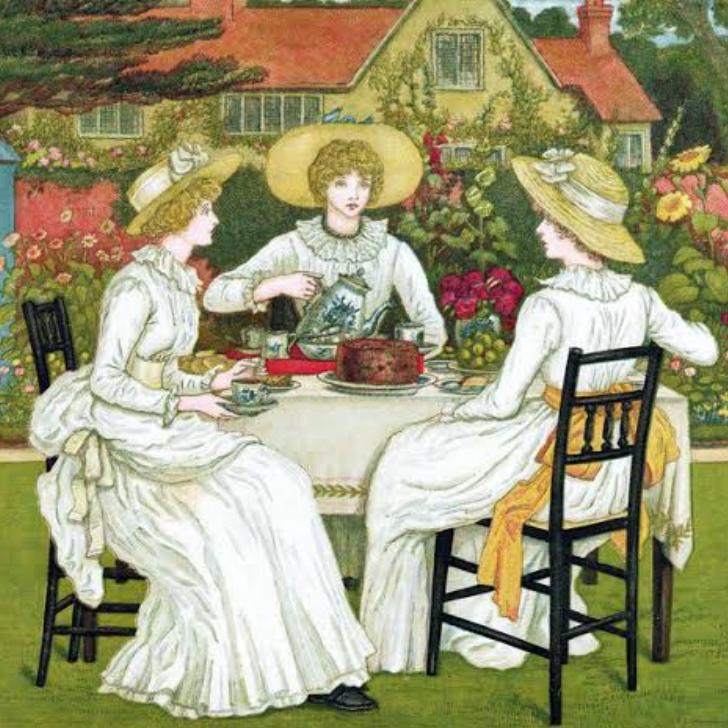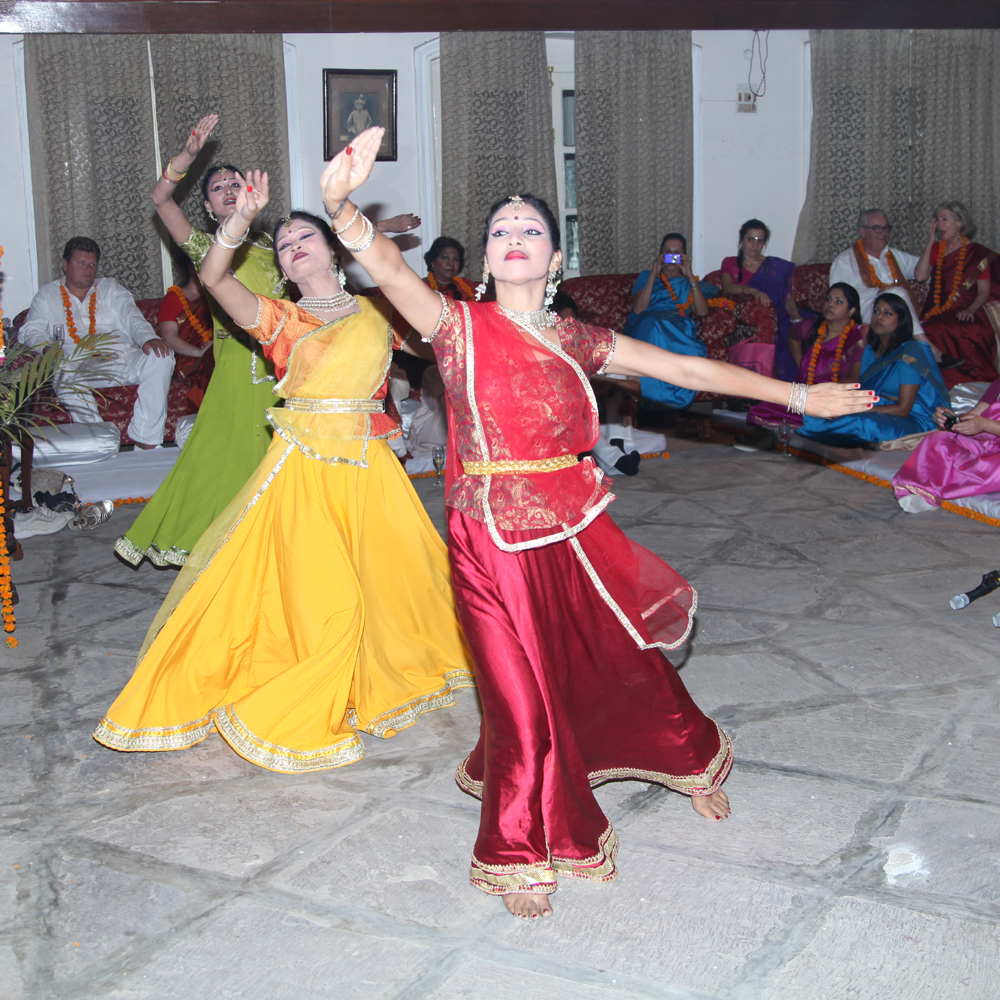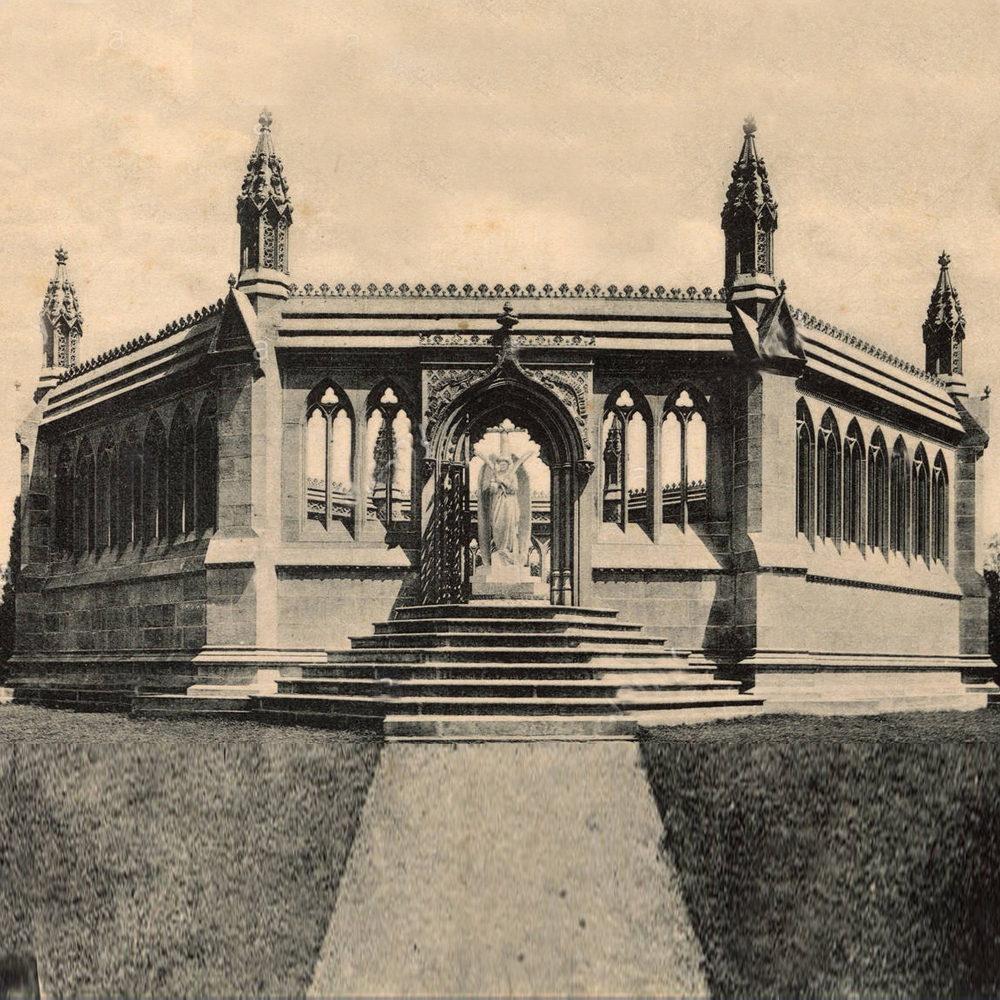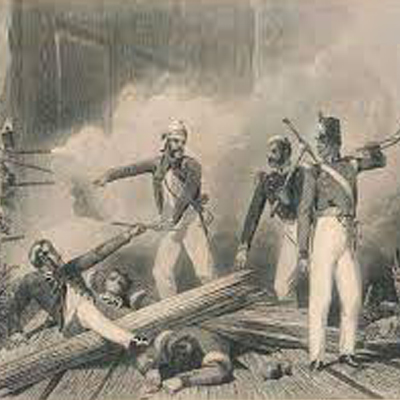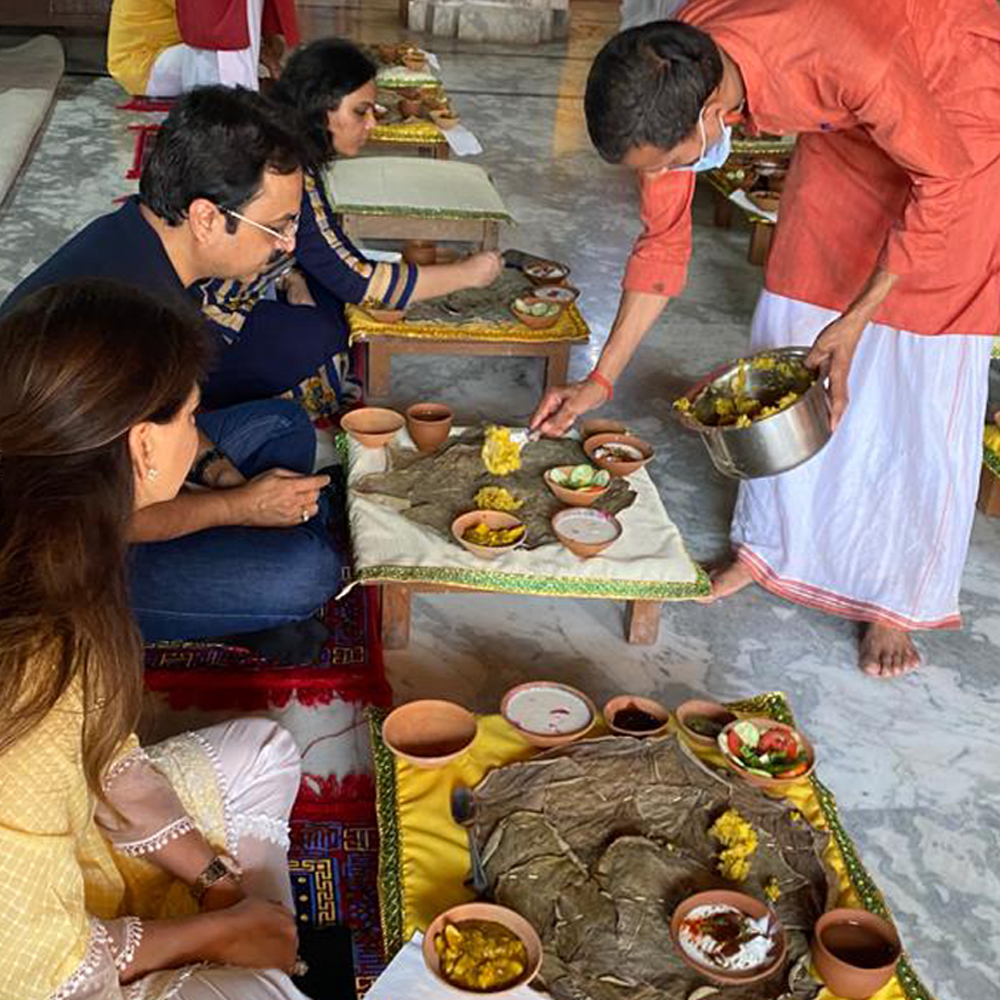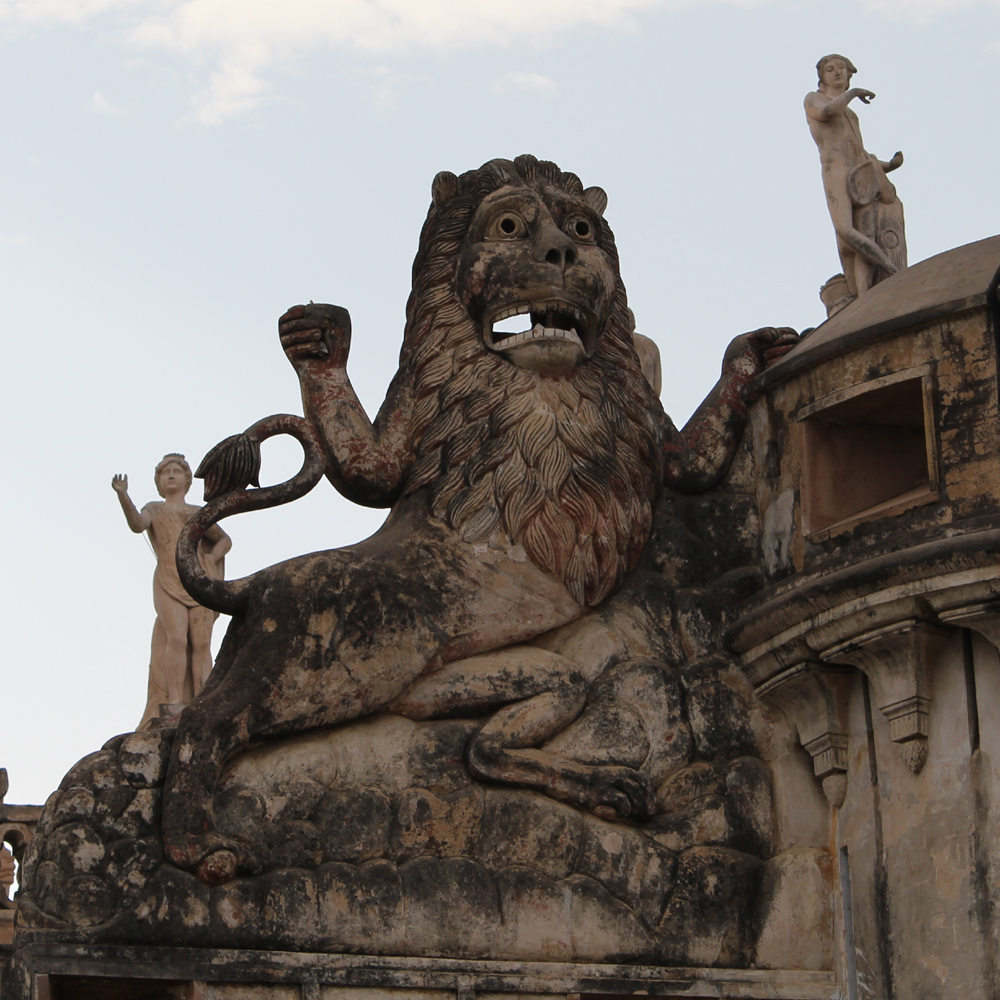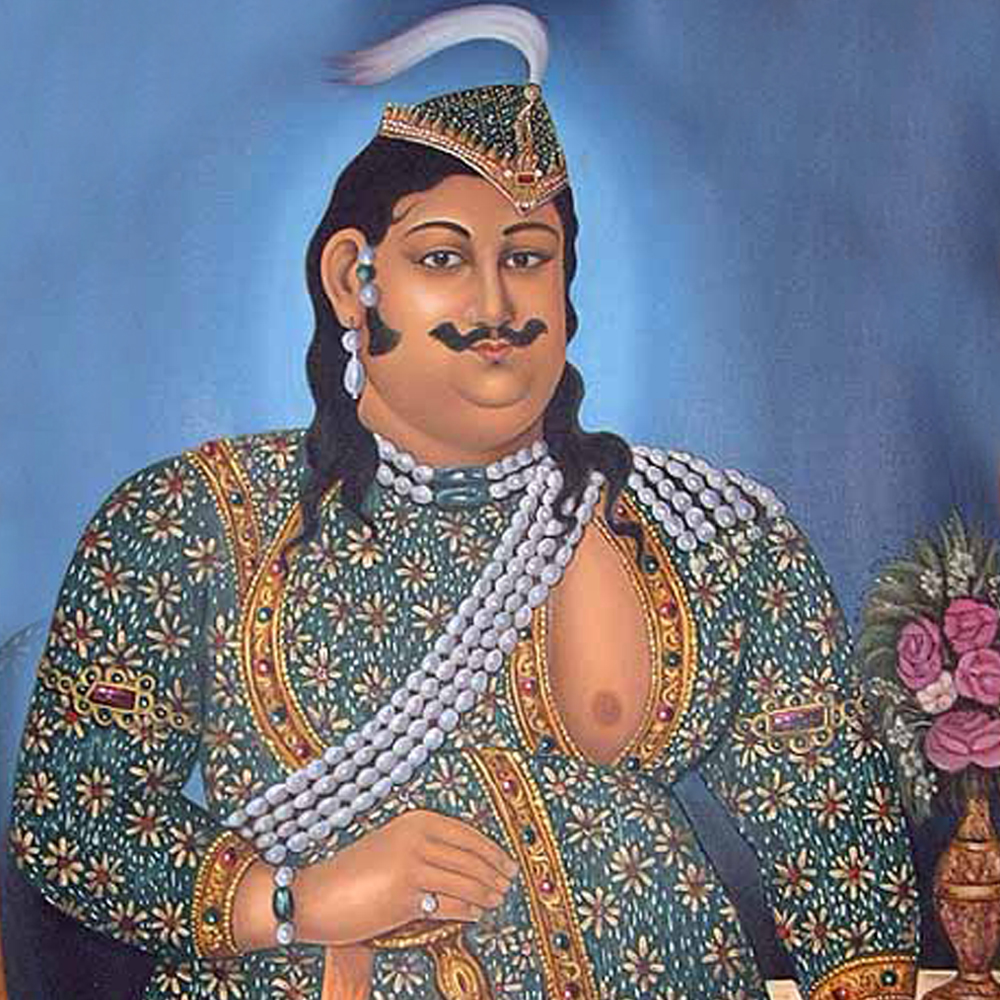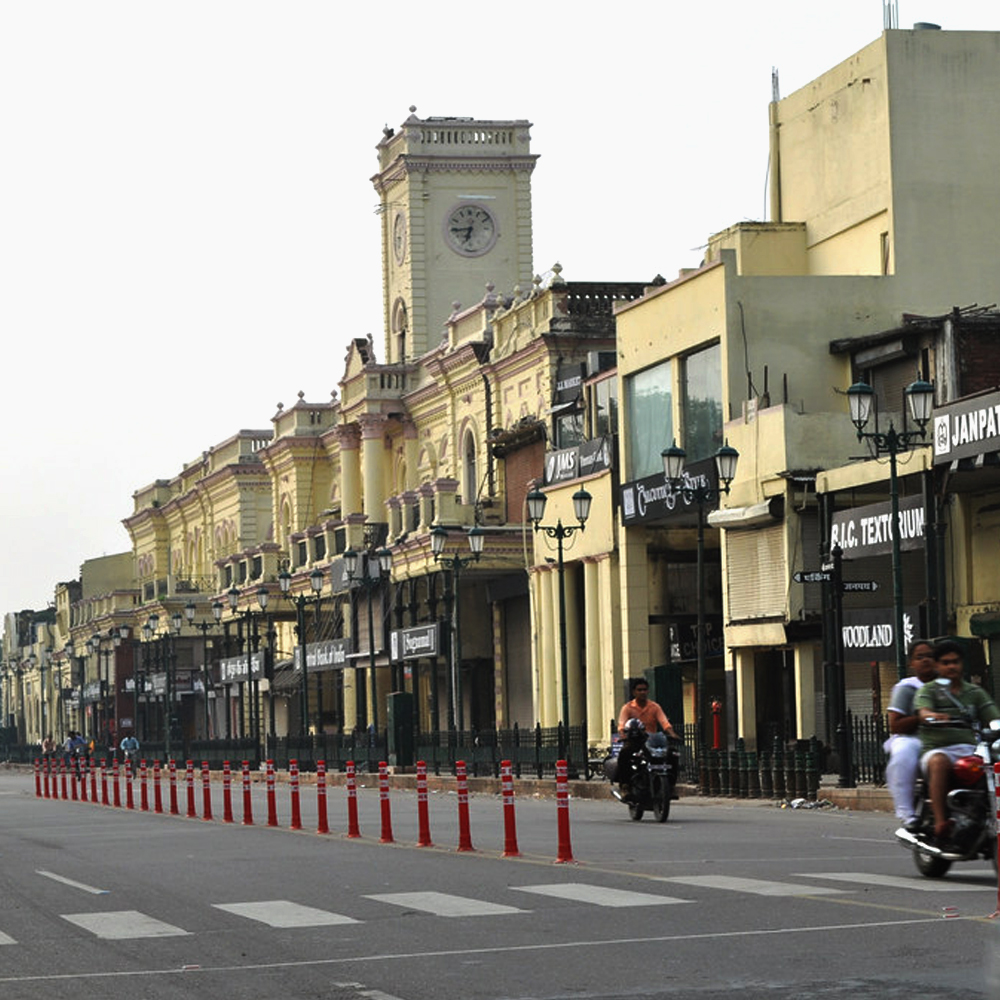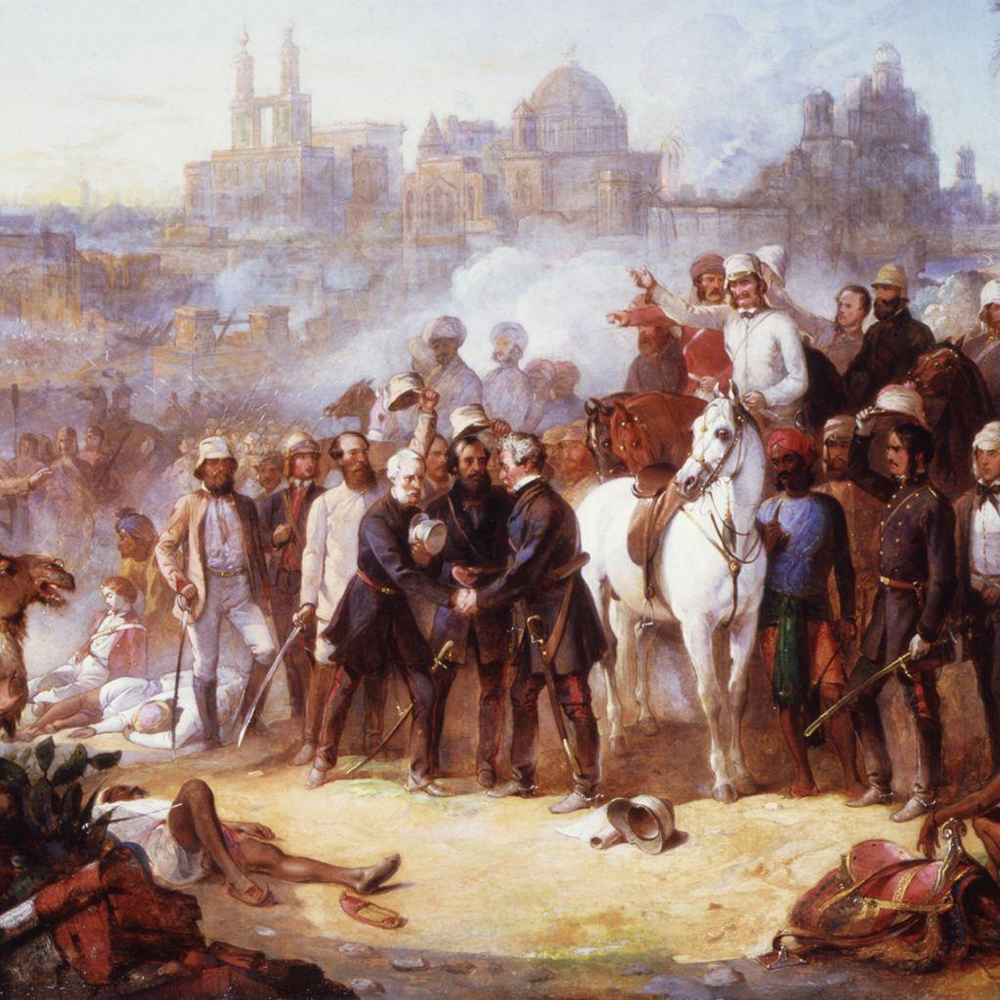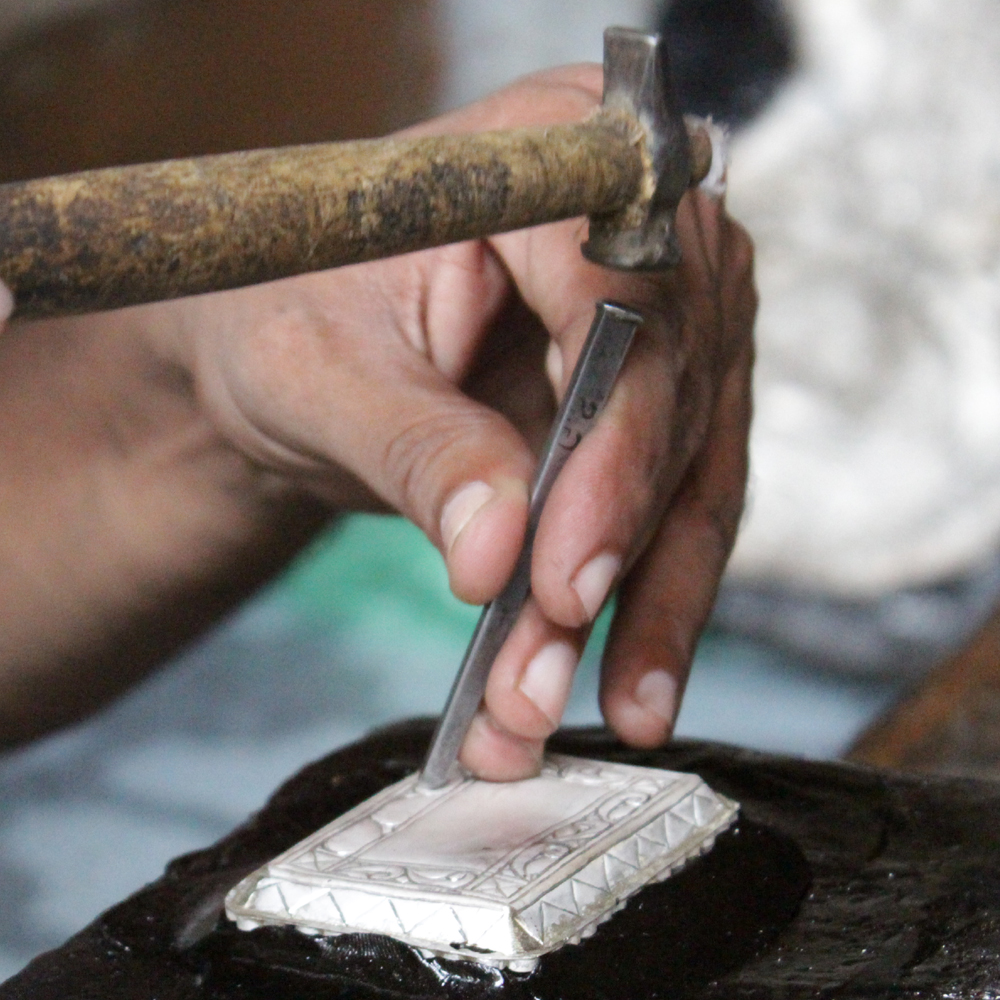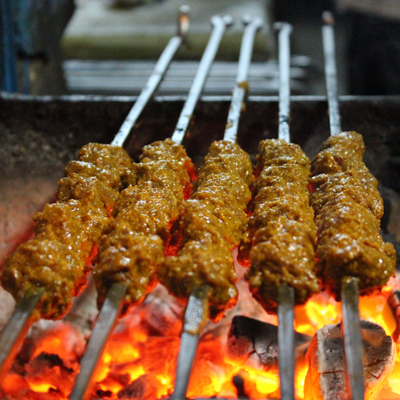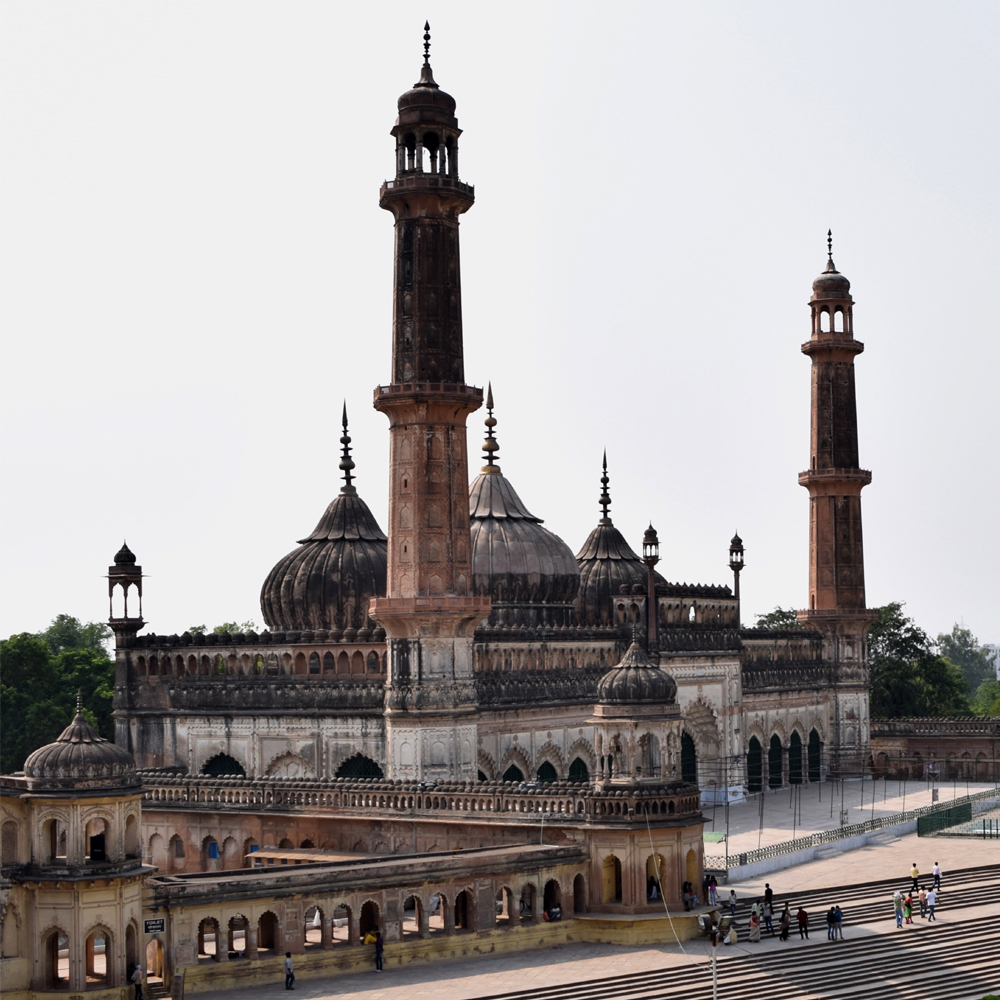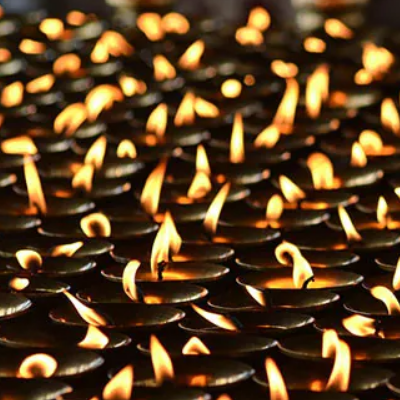Thursday Sufi Sojourn
Waris Ali Shah or Sarkar Waris Pak was a sufi saint from Dewa, in Barabanki near Lucknow, who was the successor of the Qadriyya–Razzakiyya Silsila (sect). He was from the 26th generation of Hazrat Imam Hussain and was born in 1809.
Sarkar Waris Pak accepted millions of people belonging to all faith into his commune. During that period, Firangi Mahal was the most famous religious centre for Muslims, and they too respected Waris Pak. This endorsement by Firangi Mahal was enough to accord credibility to him. Waris Ali Shah died on 7th April 1905 and was buried at this spot in Dewa. This place is marked by a monument erected in his memory by his followers. The architecture represents communal harmony. It was constructed on a pattern, blending the Hindu and Iranian architecture.
We pick the guests from their city hotels at 1745 hrs, in an exclusive air-conditioned car/coach accompanied by a guide, who en route to Dewa Sharif will explain about this faith. In Dewa Sharif, you not only get to offer your respect to the grave inside in this shrine, by way of ‘chadar-poshi’ (respectful offering of grave covering cloth and flowers), but you also enjoy a seated sessions with the Qawals (devotional Sufi singers), while our expert guide translates the song that is sung in the honor of the sufi saint.
| Cost : |
INR 11000 per person (operates on minimum 2 guests) – shared |
| Starting Time : |
5:45 pm* |
| Expected Duration : |
3 hours |
| Remarks : |
This is a shared visit that operates only on Thursdays. *Pickup time from city hotels (Hotel Ramada pickups and drops will be on a supplement) Timings are flexible and may be altered after prior discussion. |
About Sufism in India
Sufism has an illustrious history in India evolving for over 1,000 years. The presence of Sufism has been a leading entity increasing the reaches of Islam throughout the subcontinent. Following the entrance of Islam in the early 700s, Sufi mystic traditions became more visible during the 10th and 11th centuries of the Delhi Sultanate. A conglomeration of four chronologically separate dynasties, the early Delhi Sultanate consisted of rulers from Turkic and Afghan lands. This Persian influence flooded the subcontinent with Islam, Sufi thought, syncretic values, literature, education, and entertainment that has created an enduring impact on the presence of Islam in India today.
Various leaders of Sufi orders, tariqa, chartered the first organized activities to introduce localities to Islam through Sufism. Saint figures and mythical stories provided solace and inspiration to Hindu caste communities often in rural villages of India. The Sufism teachings of divine spirituality, cosmic harmony, love, and humanity resonated with the common people and still does so today. The following content will take a thematic approach to discuss a myriad of influences that helped spread Sufism and a mystical understanding of Islam, making India a contemporary epicenter for Sufi culture today.
Musical Influence
Music has always been present as a rich tradition among all Indian religions. As an influential medium to disperse ideas, music has appealed to people for generations. The audience in India was already familiar with hymns in local languages. Thus Sufi devotional singing was instantly successful among the populations. Music transmitted Sufi ideals seamlessly. In Sufism, the term music is called “sa’ma” or literary audition. This is where poetry would be sang to instrumental music; this ritual would often put Sufis into spiritual ecstasy. The common depiction of whirling dervishes dressed in white cloaks come to picture when paired with “sa’ma.” Many Sufi traditions encouraged poetry and music as part of education. Sufism spread widely with their teachings packaged in popular songs accessing mass demographics. Women were especially affected; often used to sing Sufi songs during the day and in female gatherings. Sufi gatherings today are known as qawali. One of the biggest contributors to the musical Sufi tradition was Amir Khusro (d. 1325). Known as a disciple of Nizamuddin Chishti, Amir was known as the most talented musical poet in the early Muslim period of India. He is considered the founder of Indo-Muslim devotional music traditions. Nicknamed “Parrot of India”, Amir Khusro furthered the Chishti affiliation through this rising Sufi pop culture within India.
- Inclusions
- Exclusions
Shared transport for the trip from your city hotel and back. (Hotel Ramada pickup and drop is at a supplement).
Services of an accompanying Sufi specialist guide.
Interpreted Qawali session at the shrine.
Offering at the shrine (Chadar Poshi).
Any meals, other than refreshments on board our transport.
Any other visit apart from the visit to the Sufi Shrine.
Tips & gratuities (at guests’ discretion)






